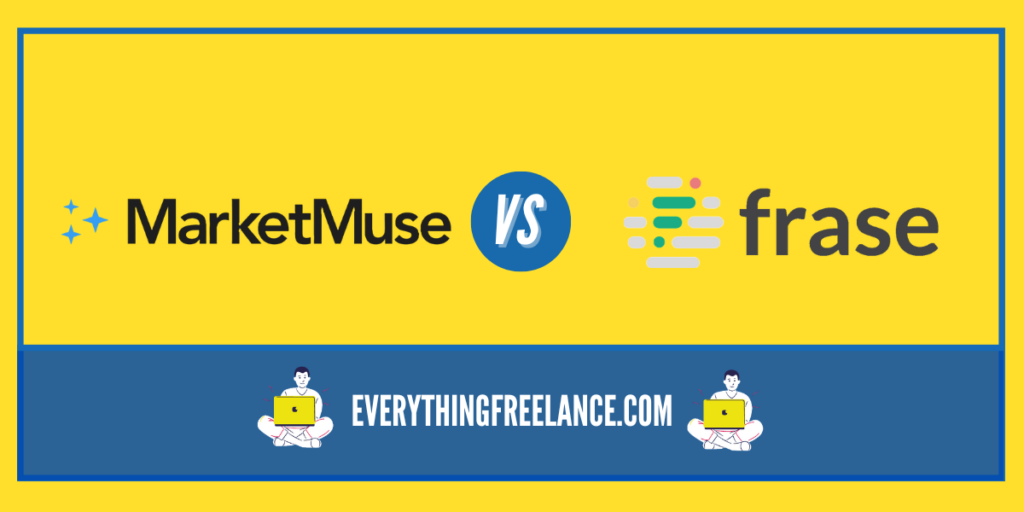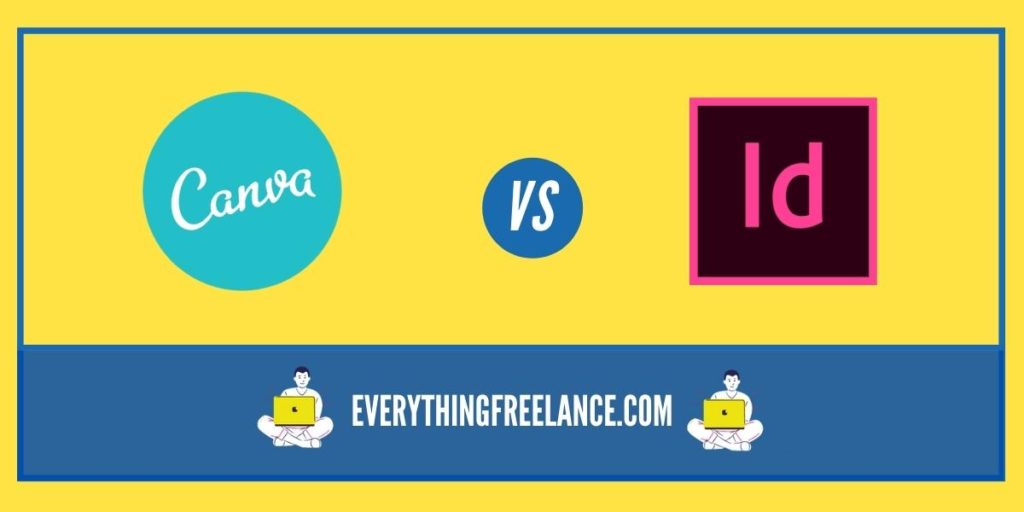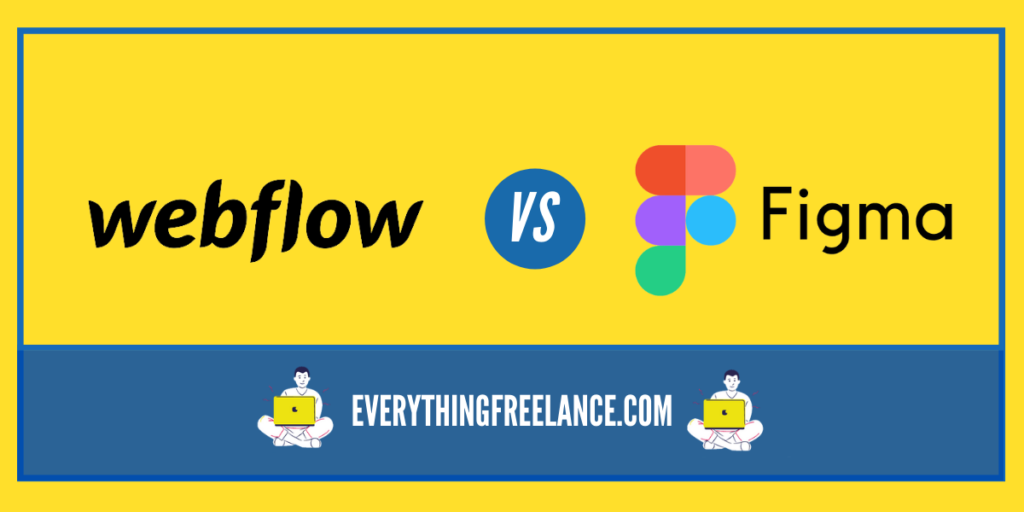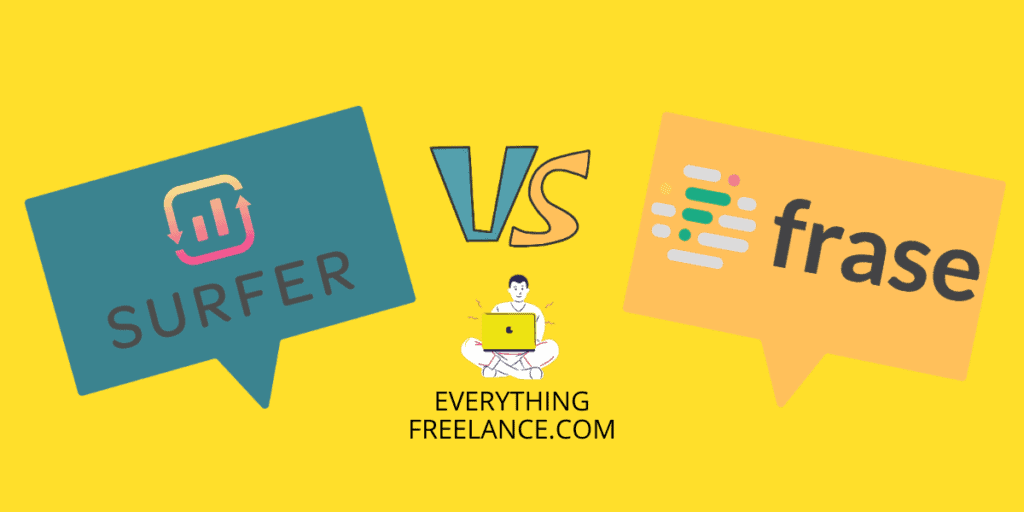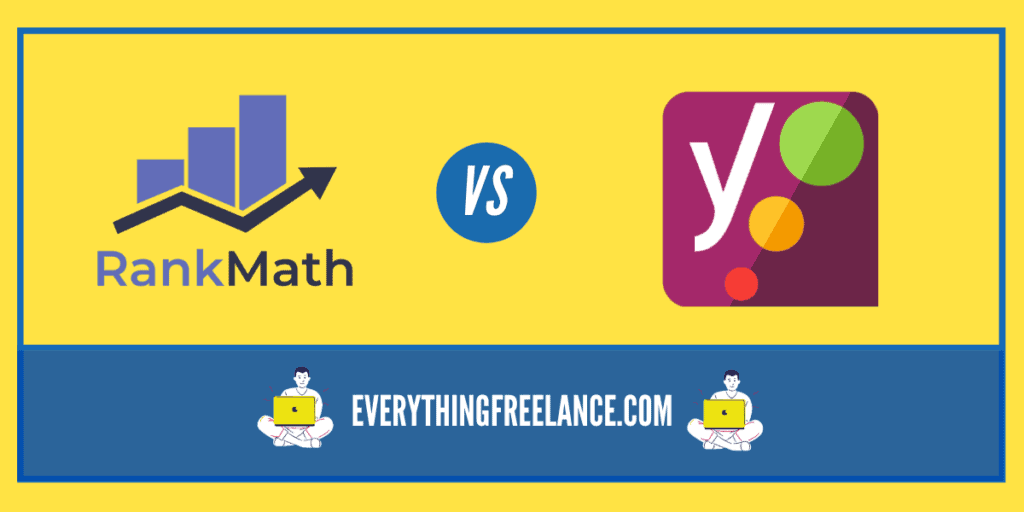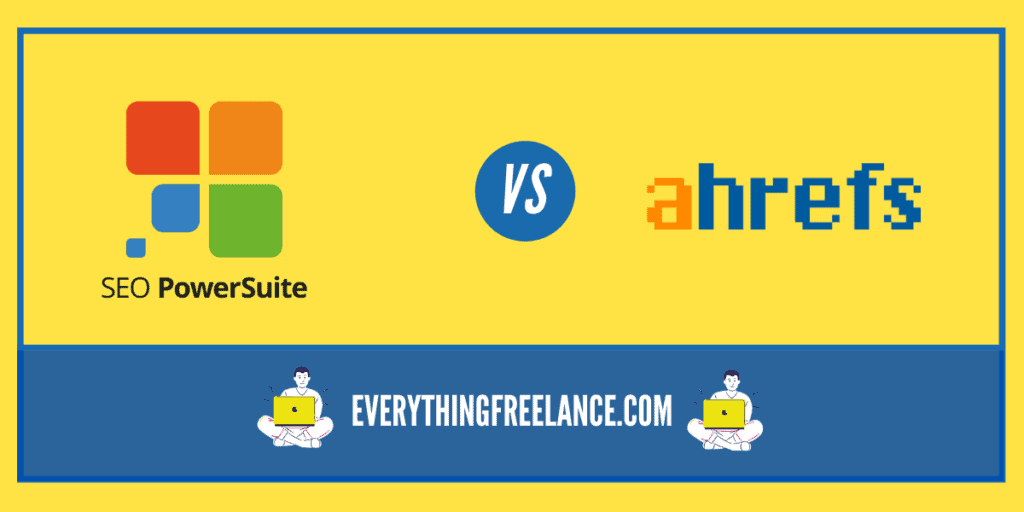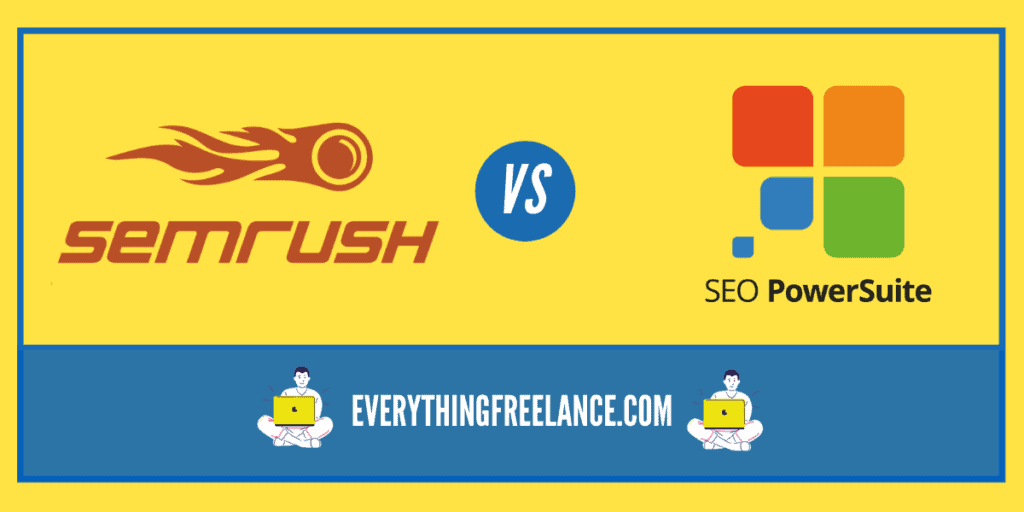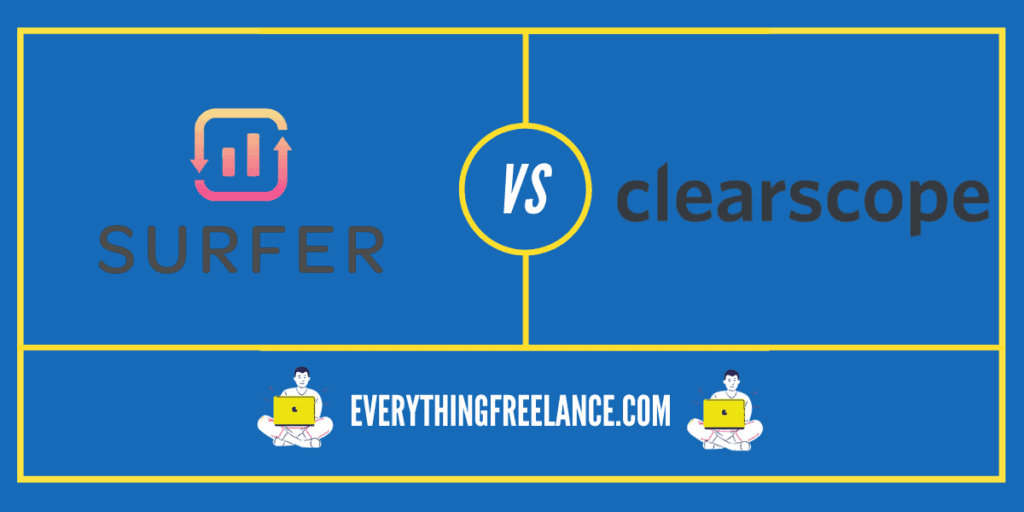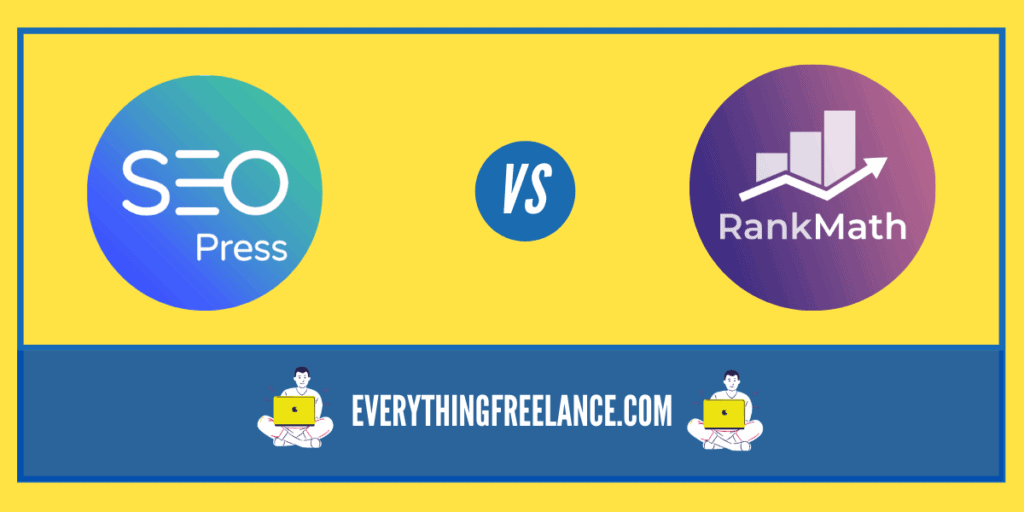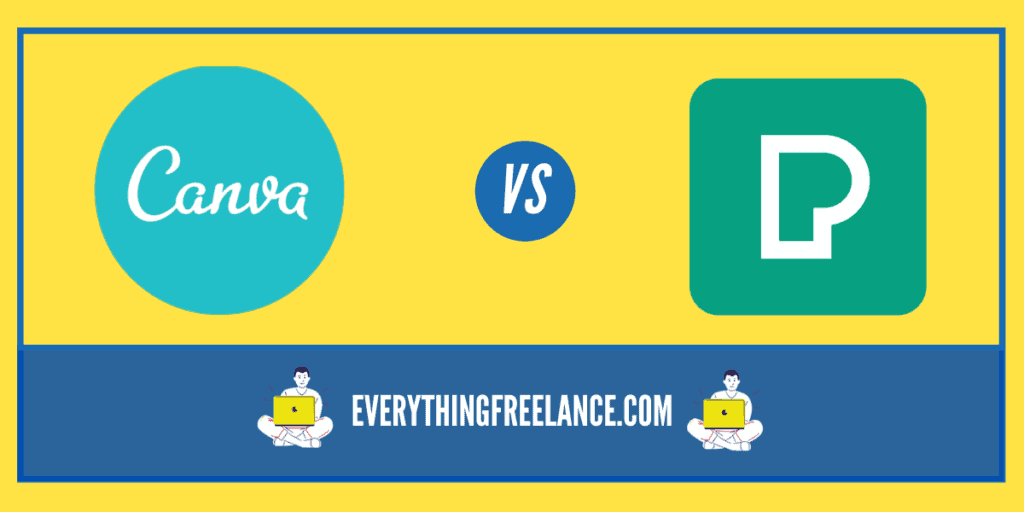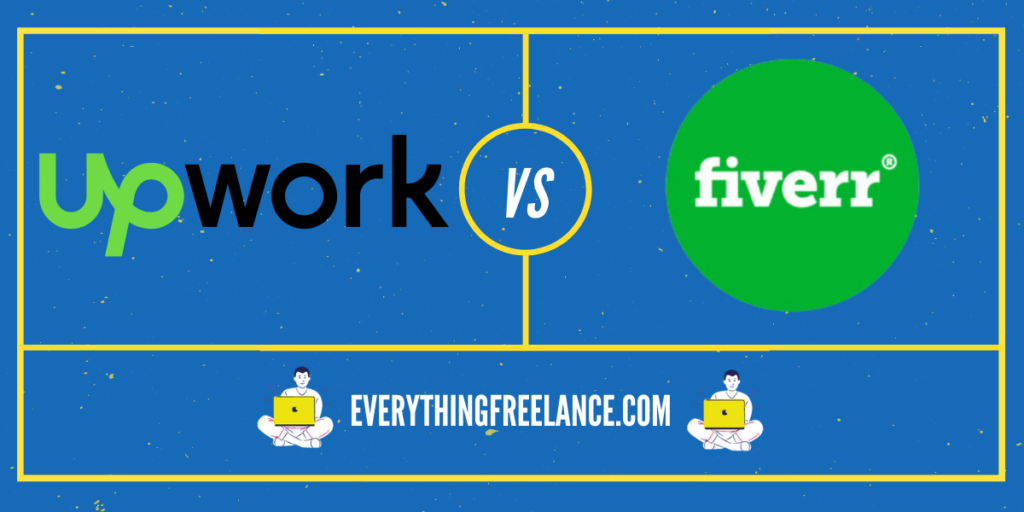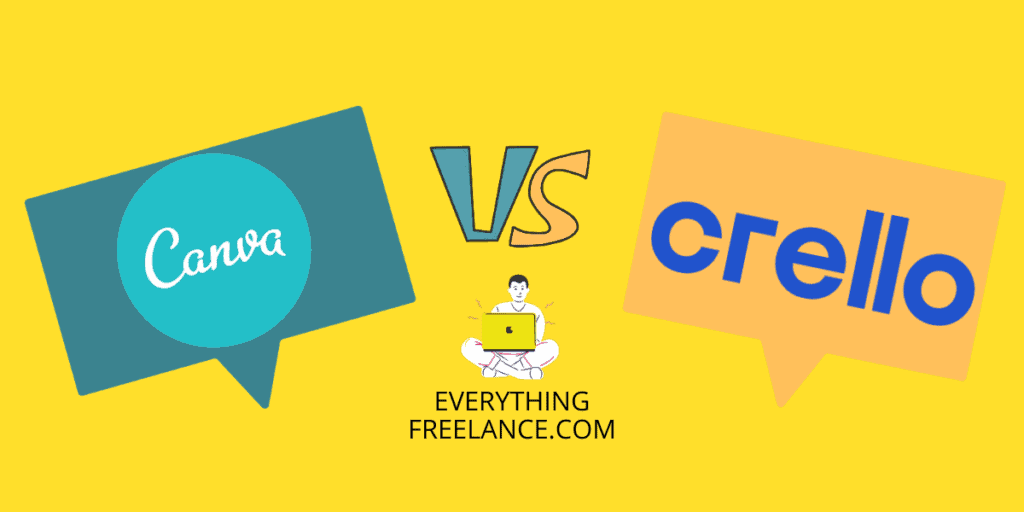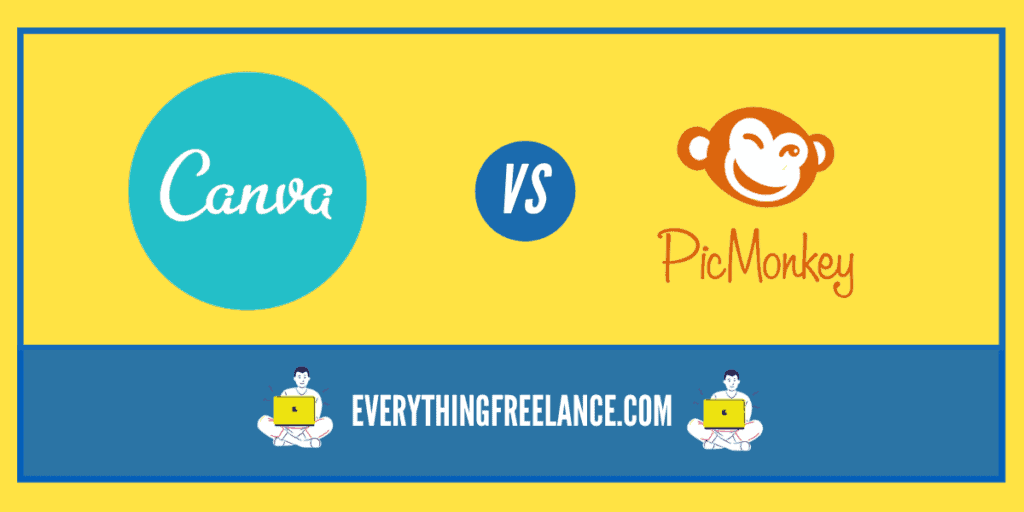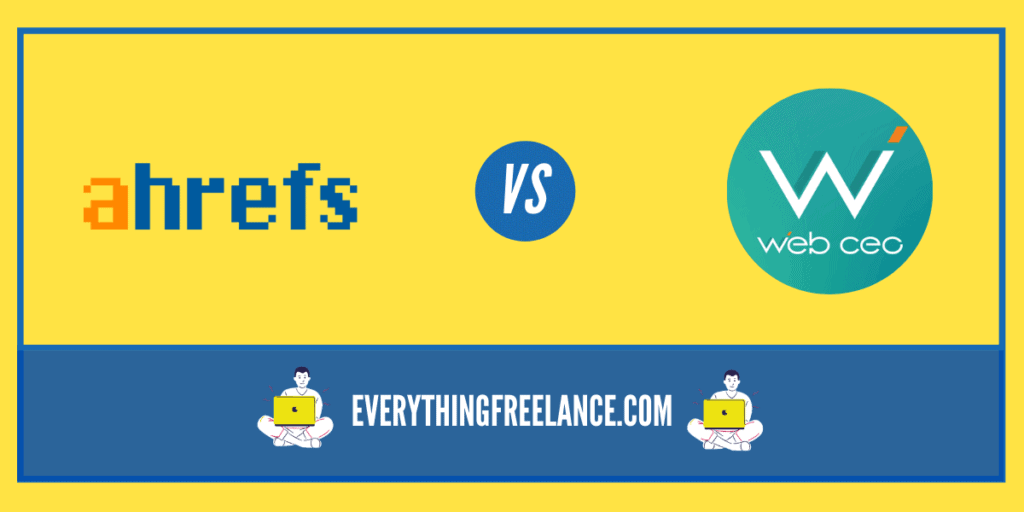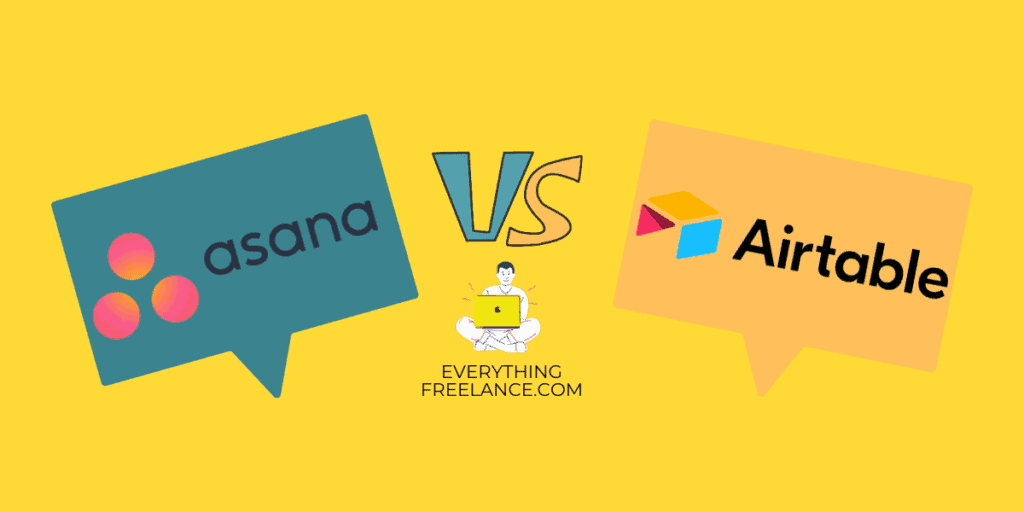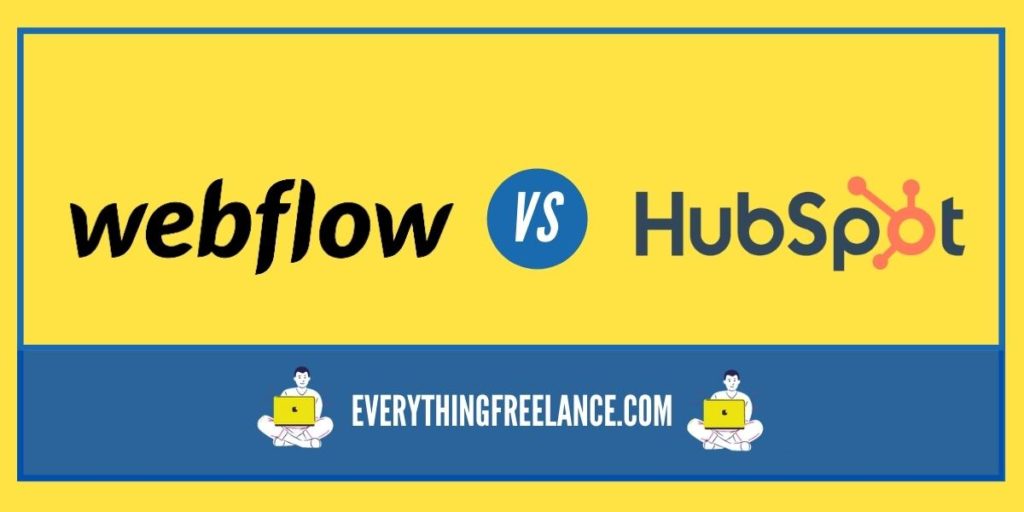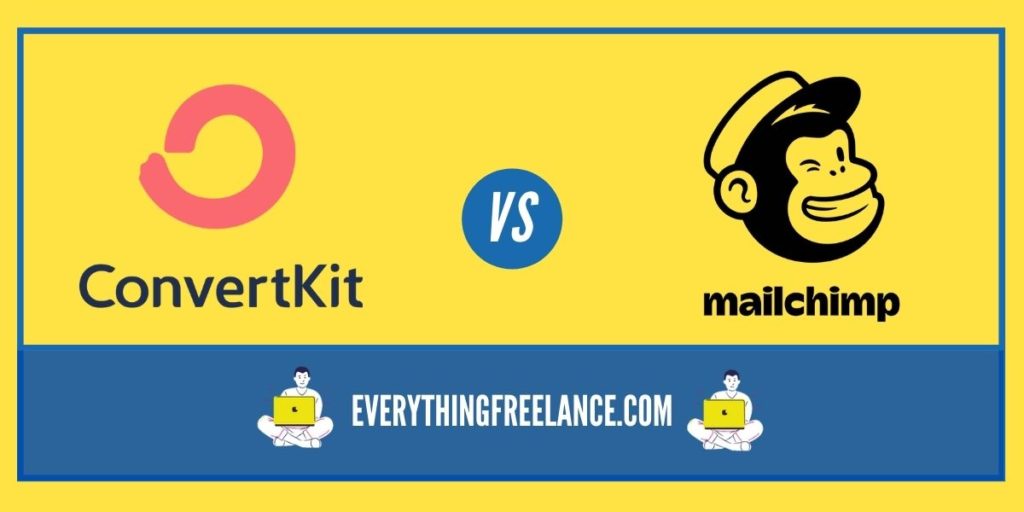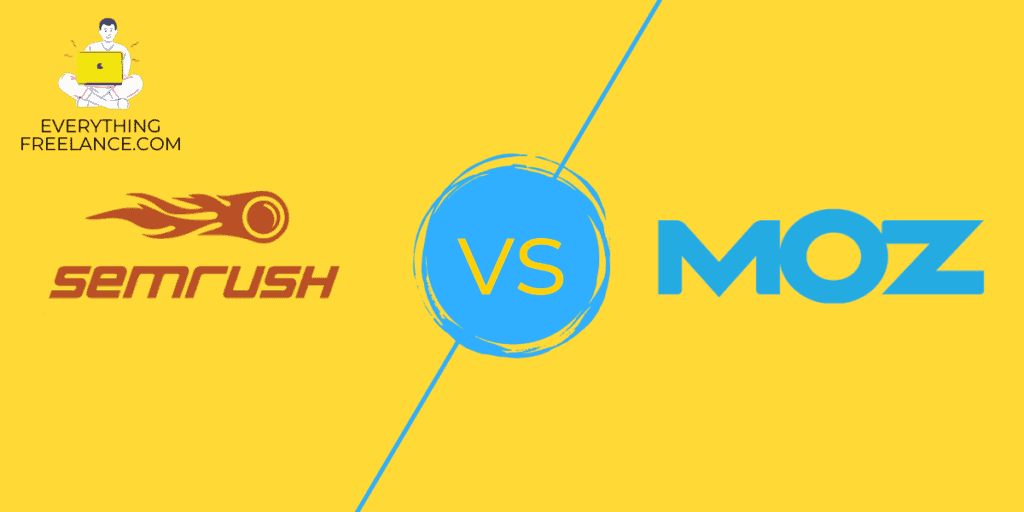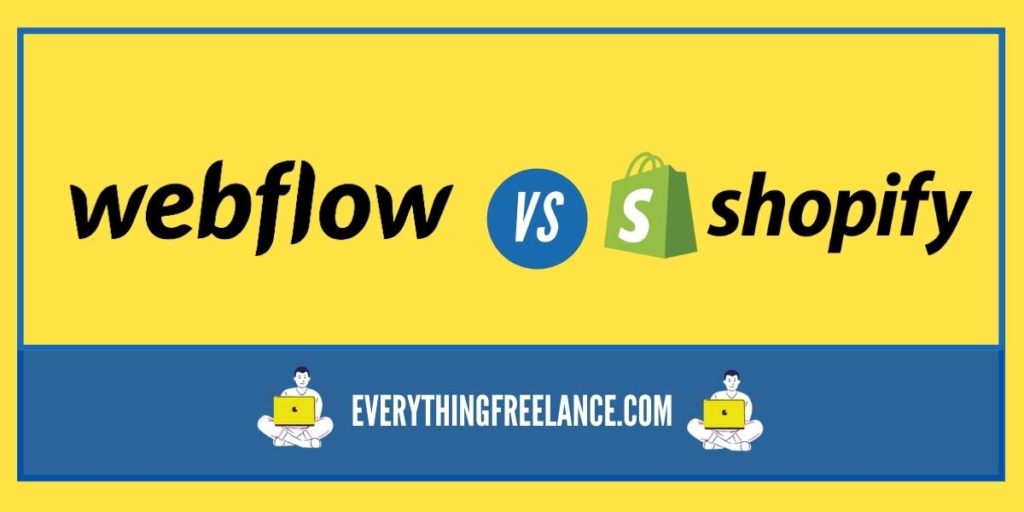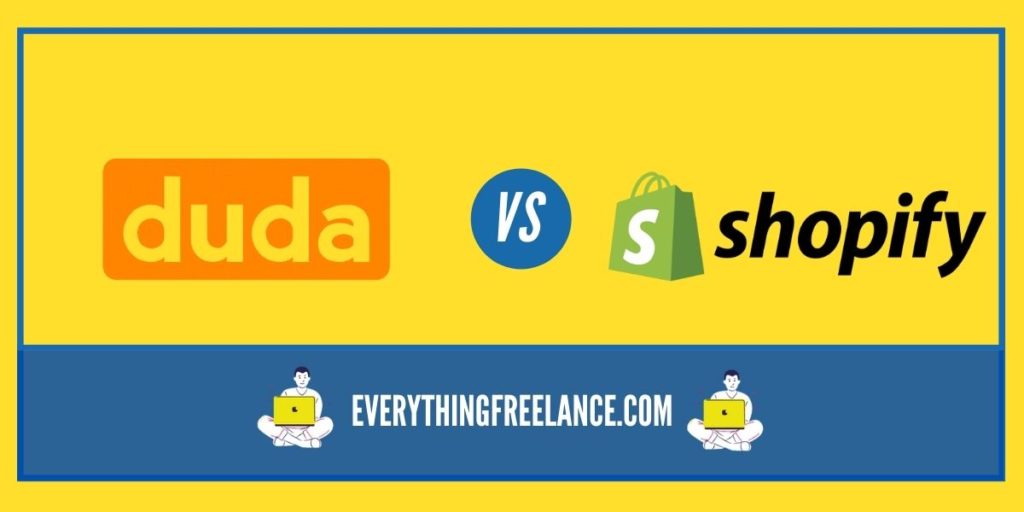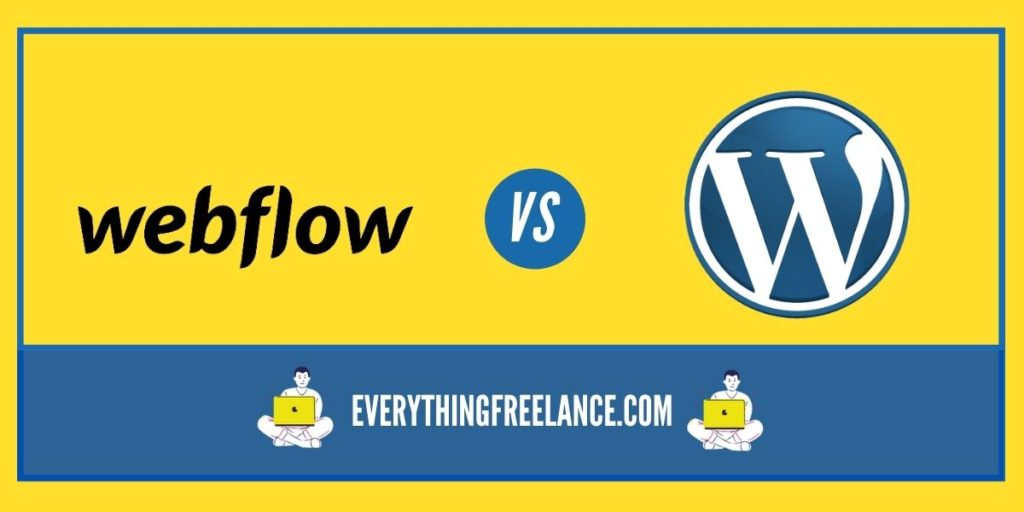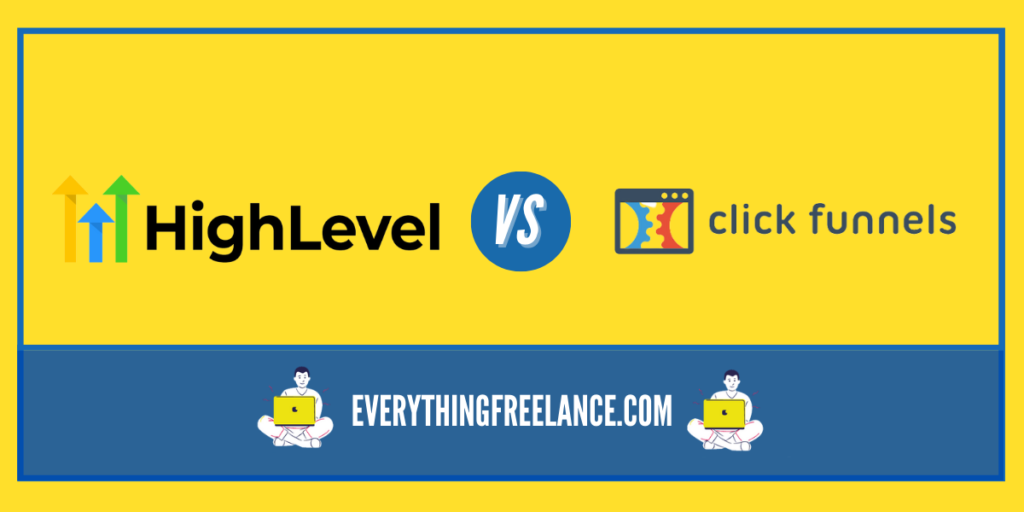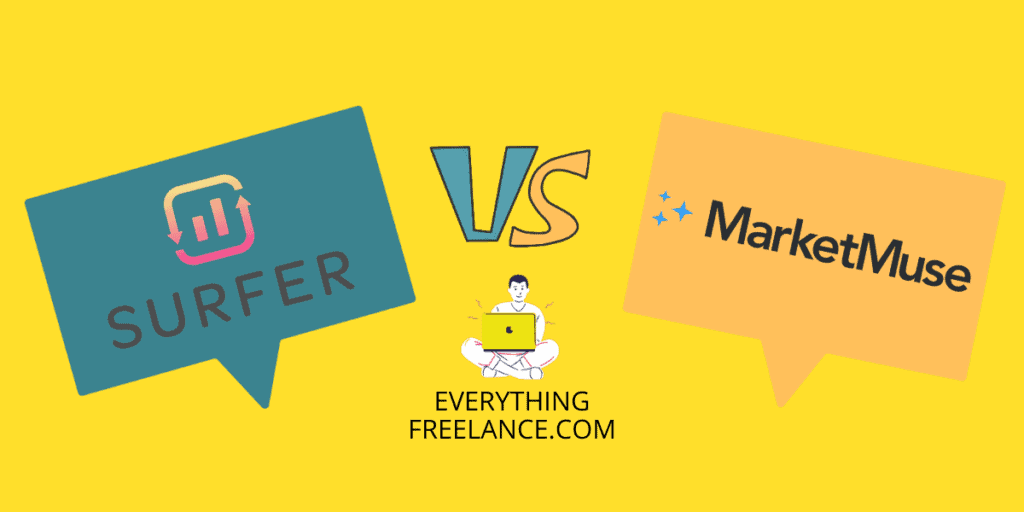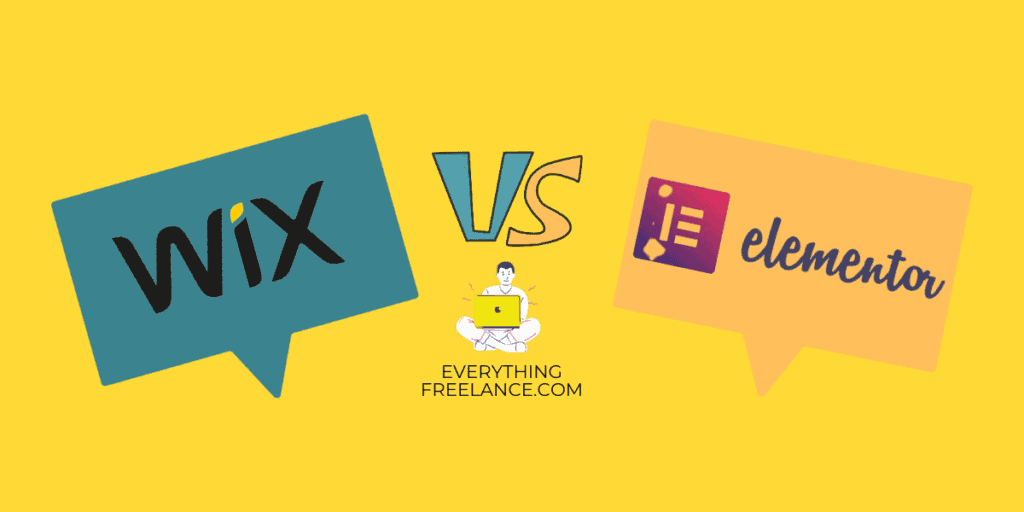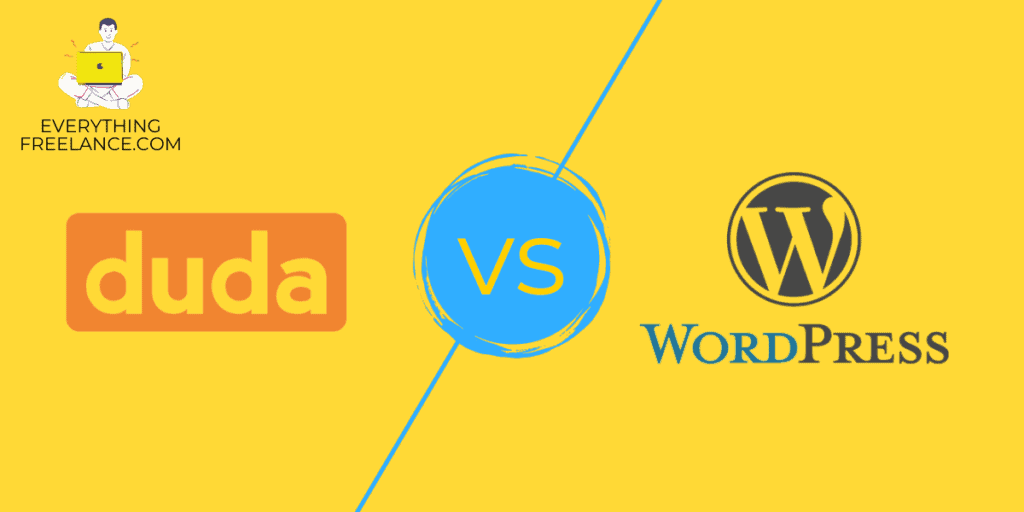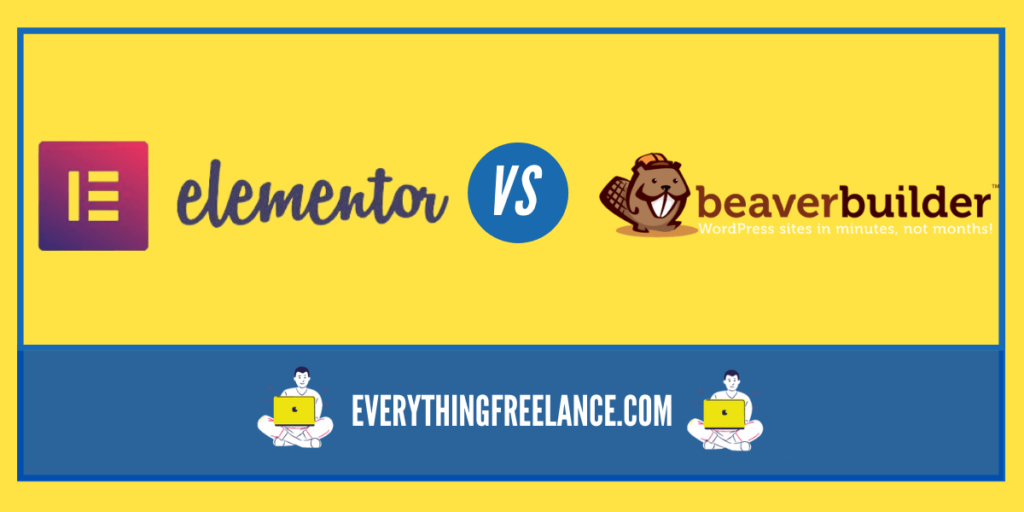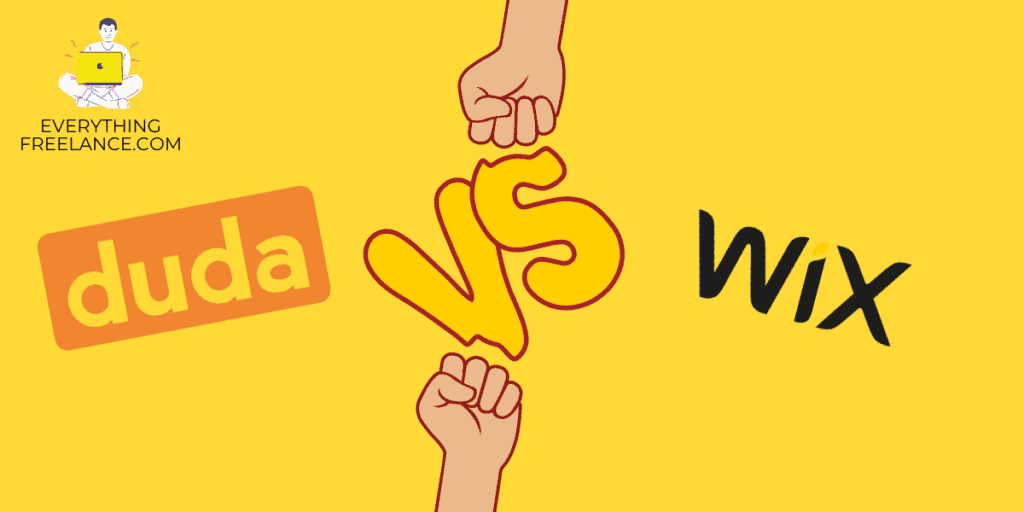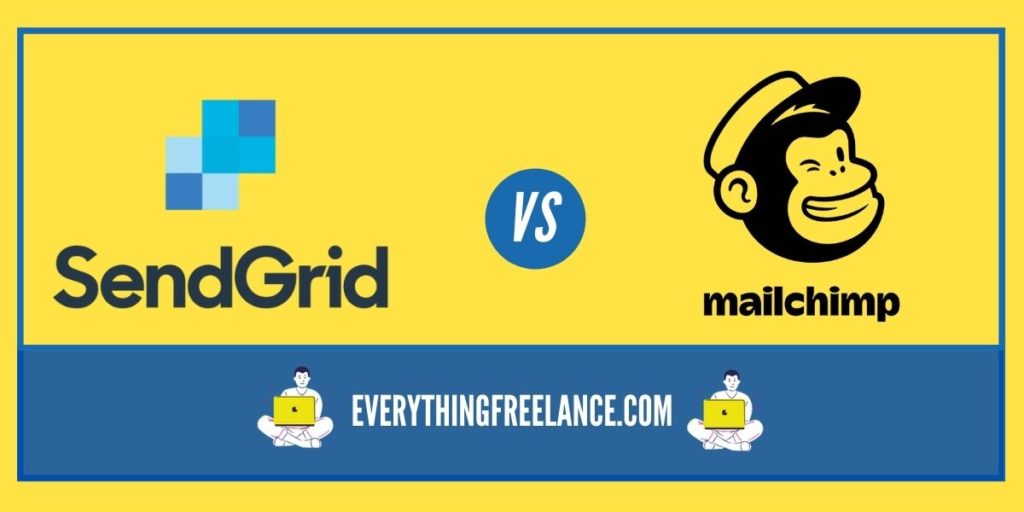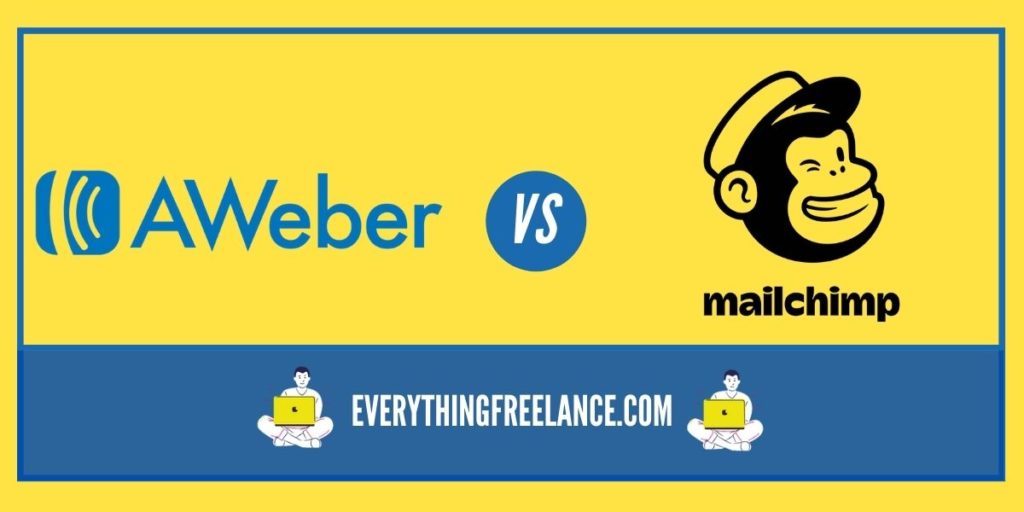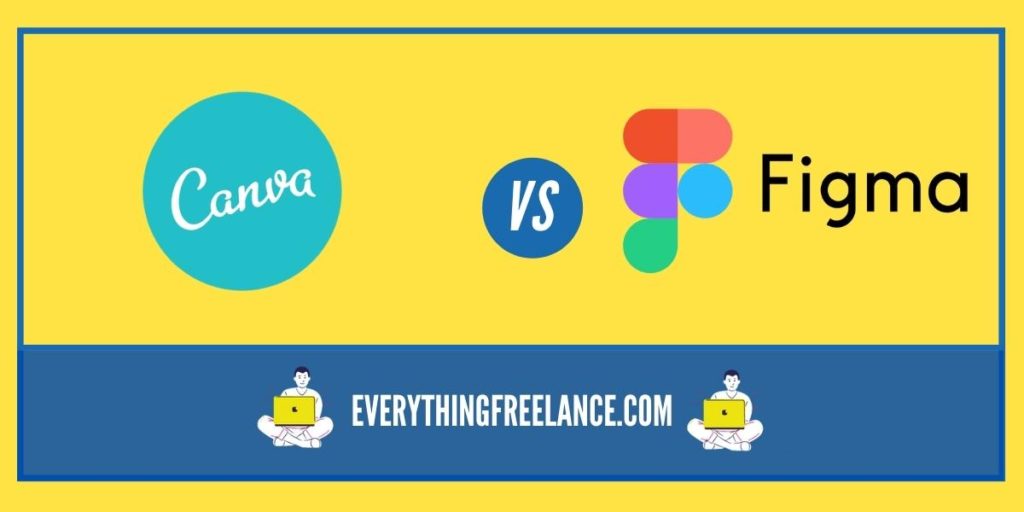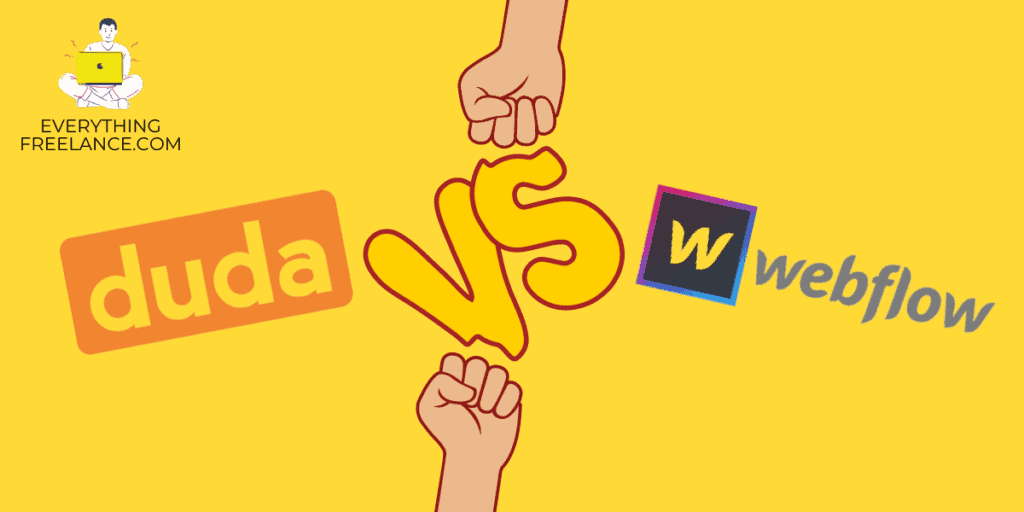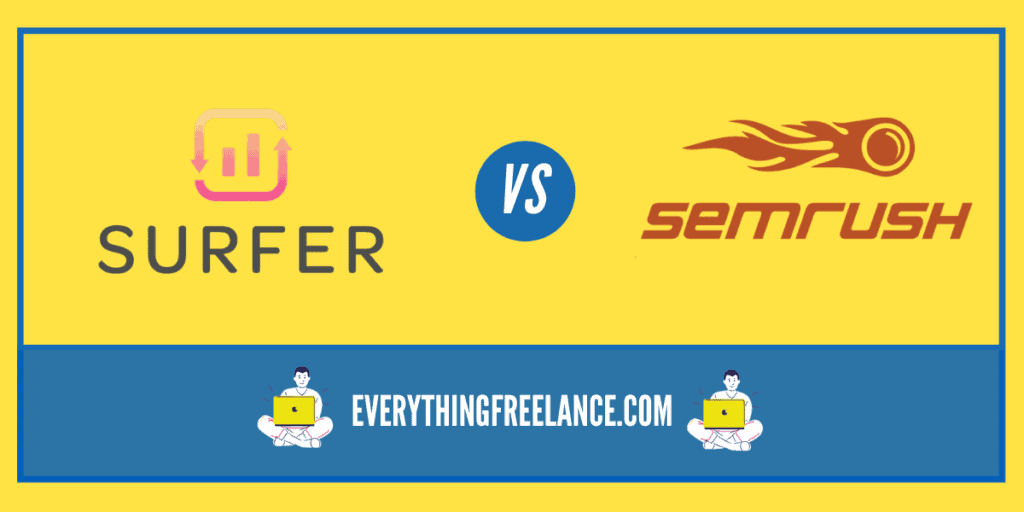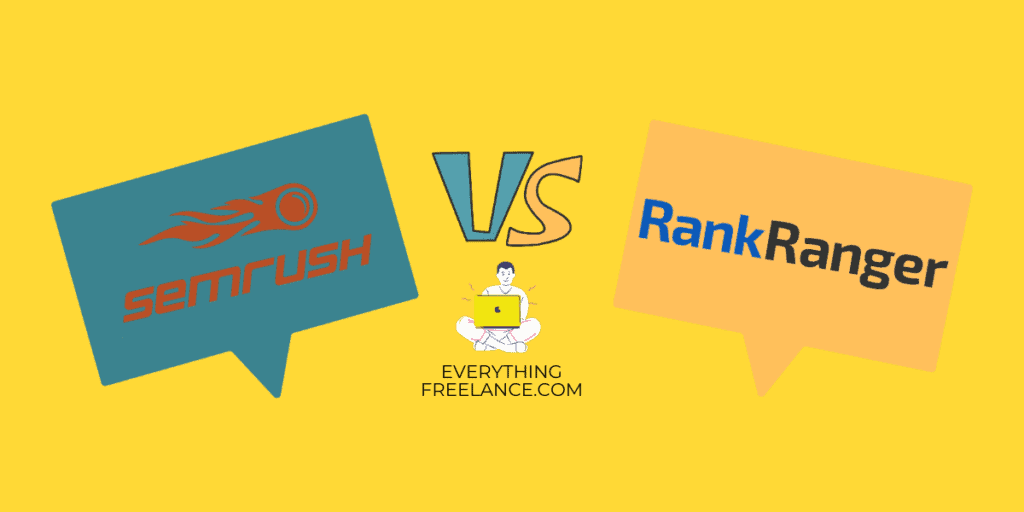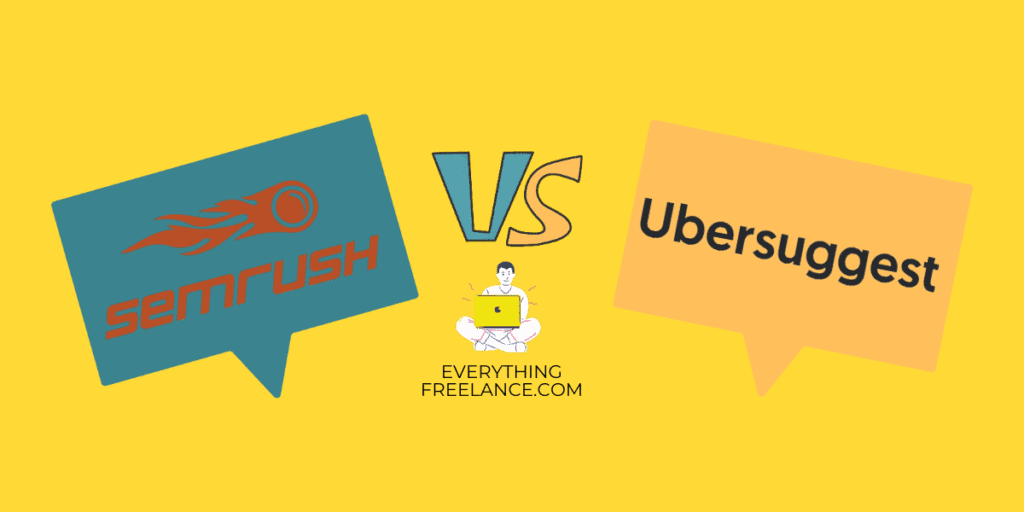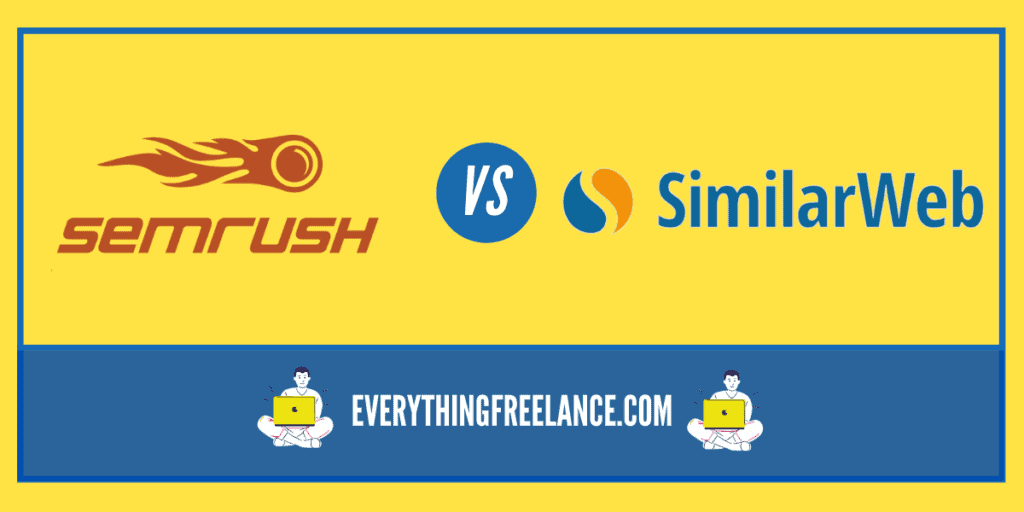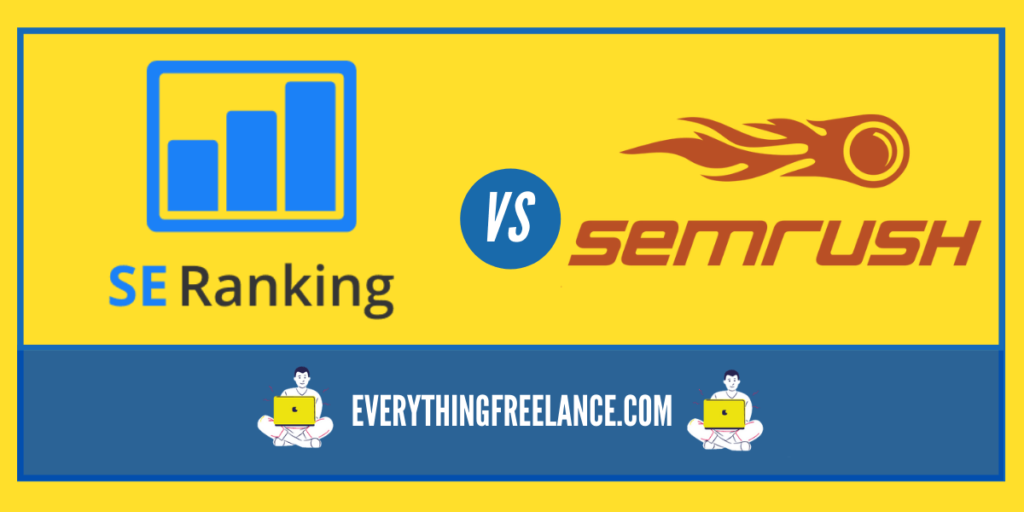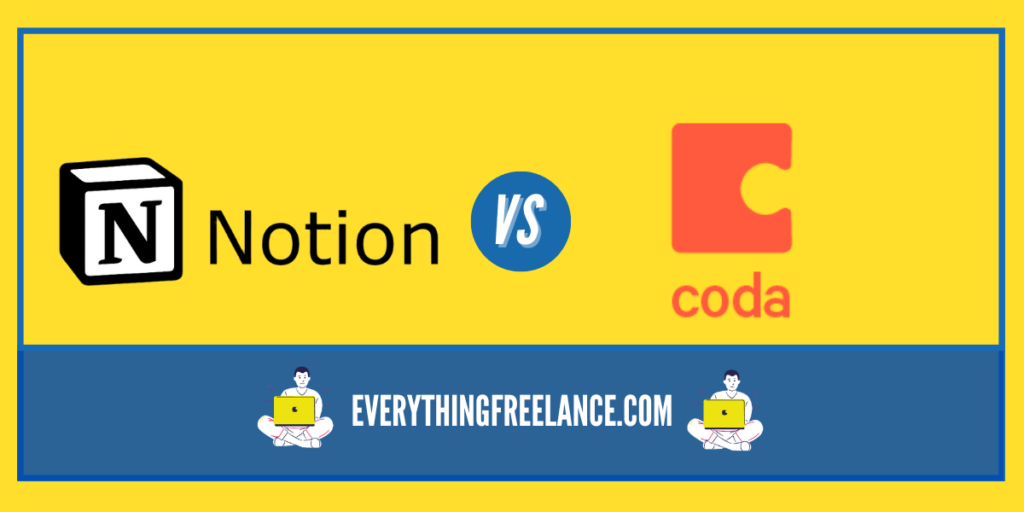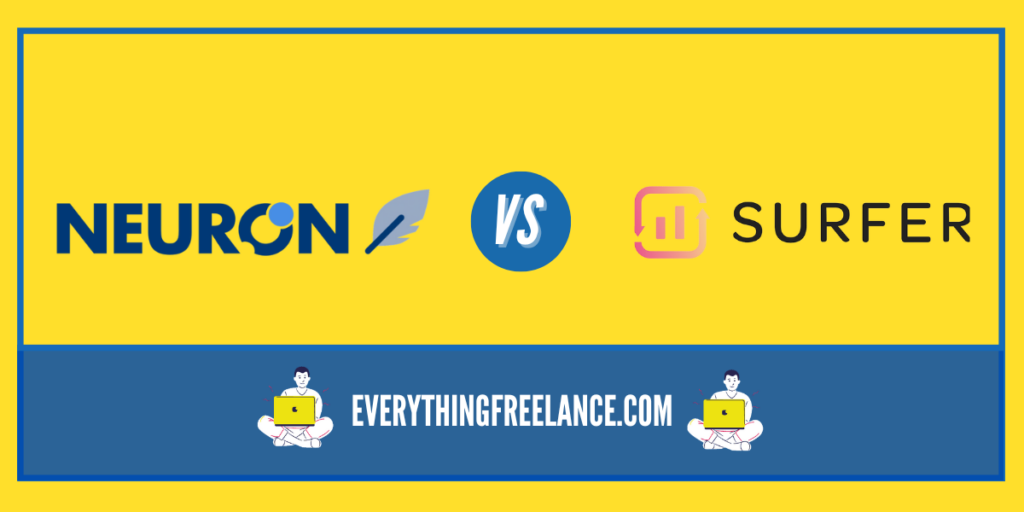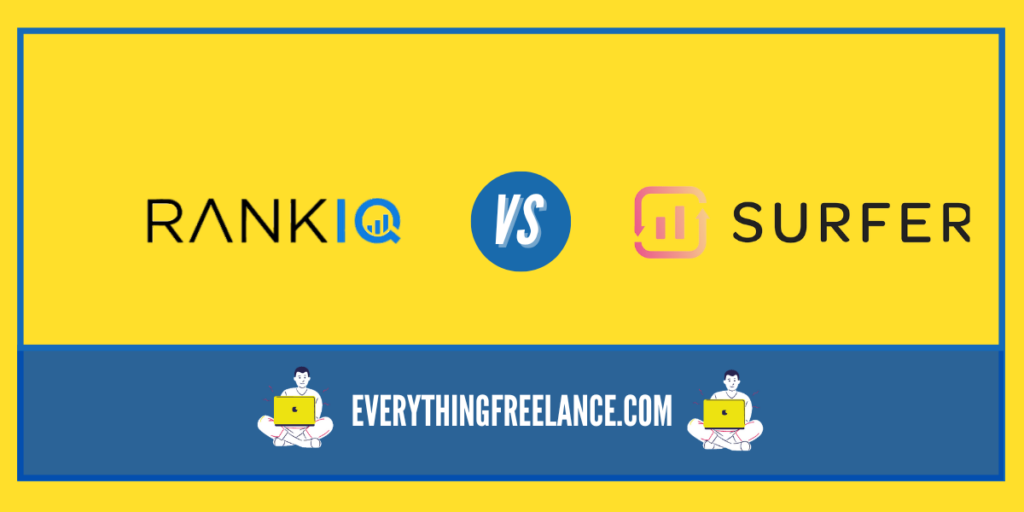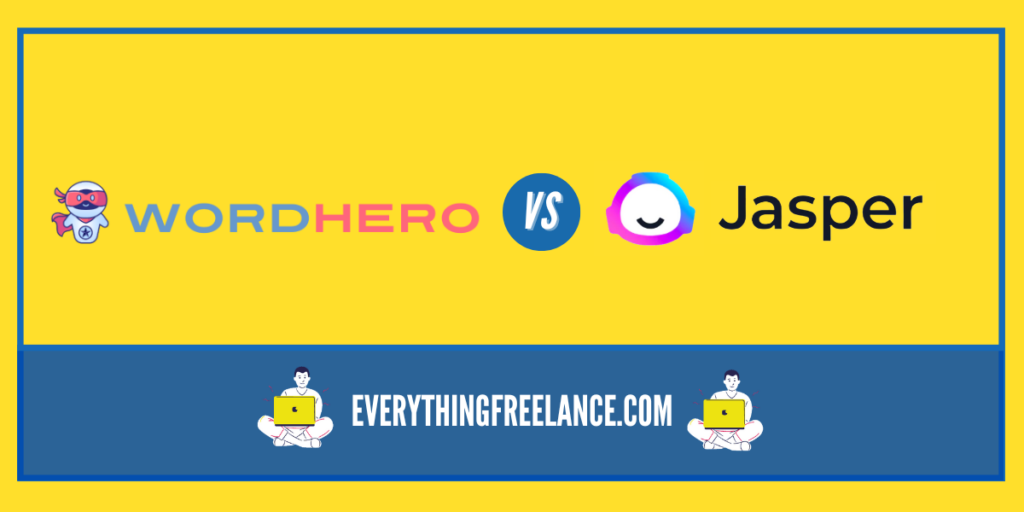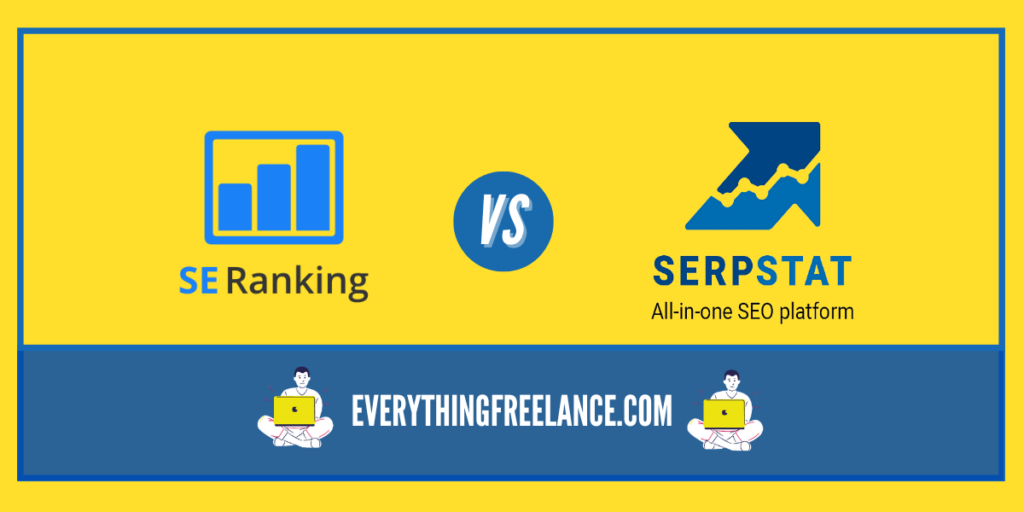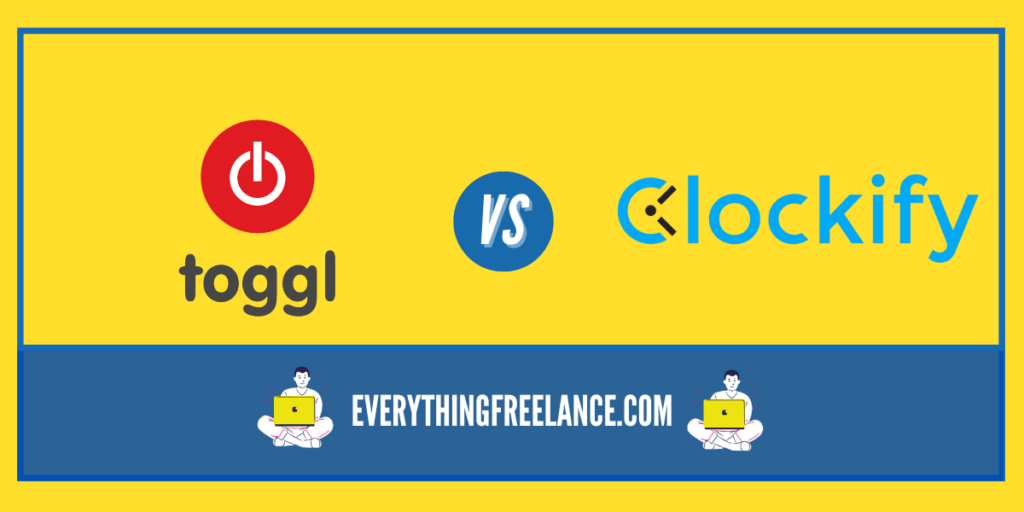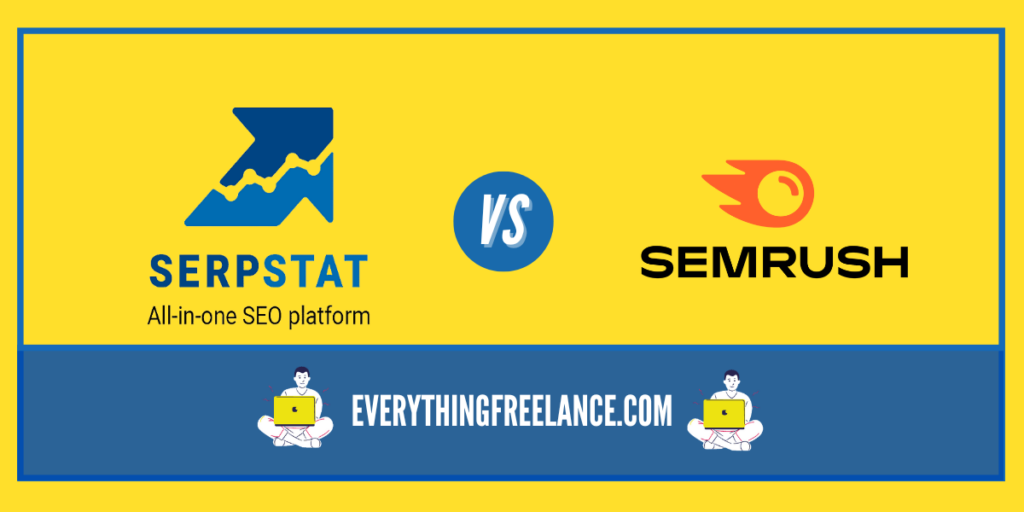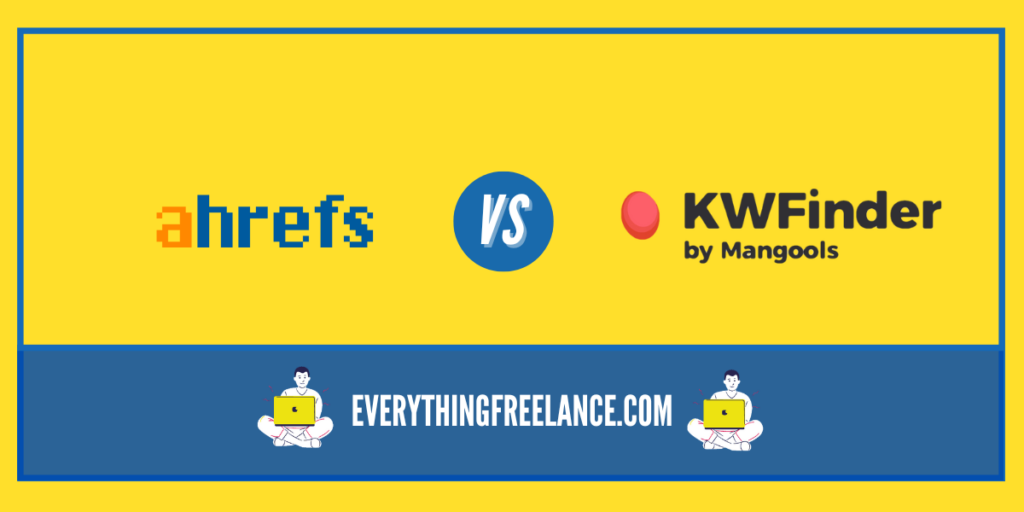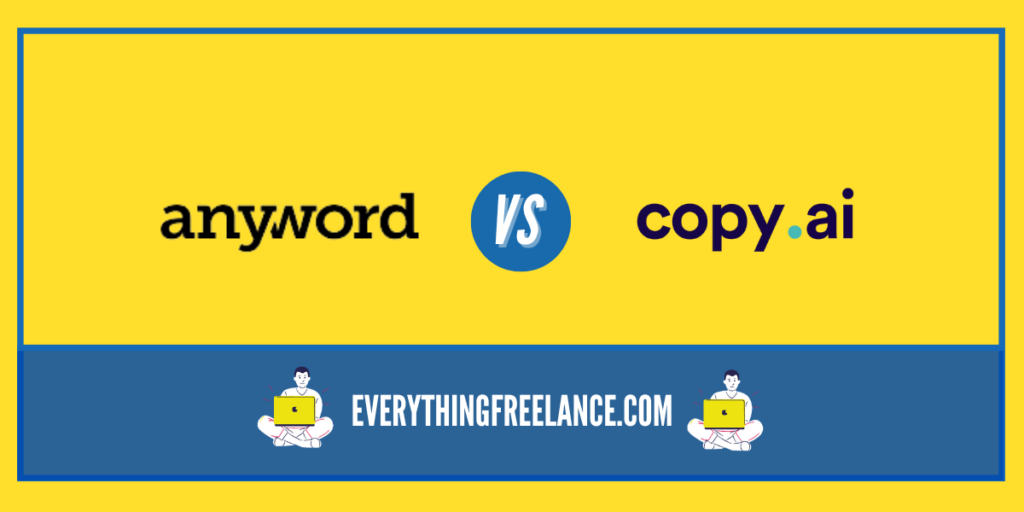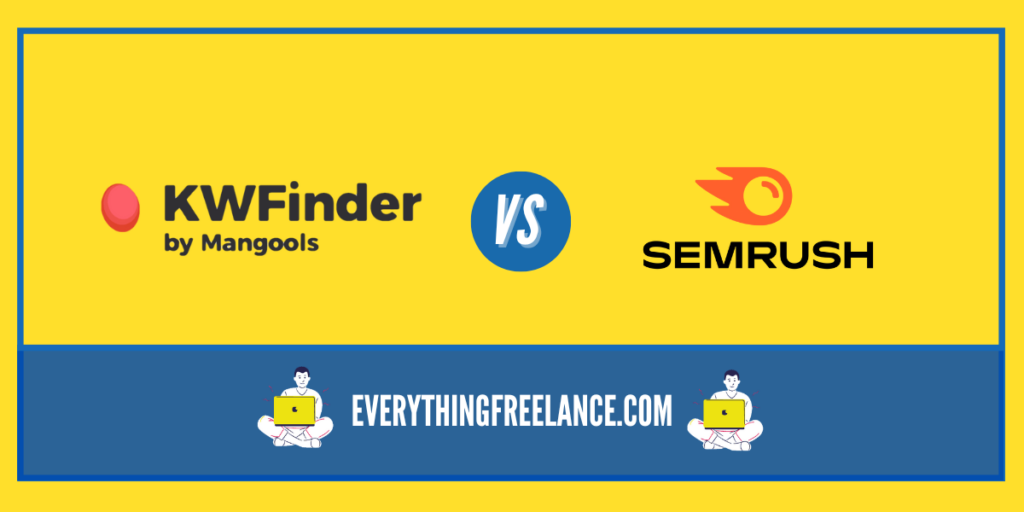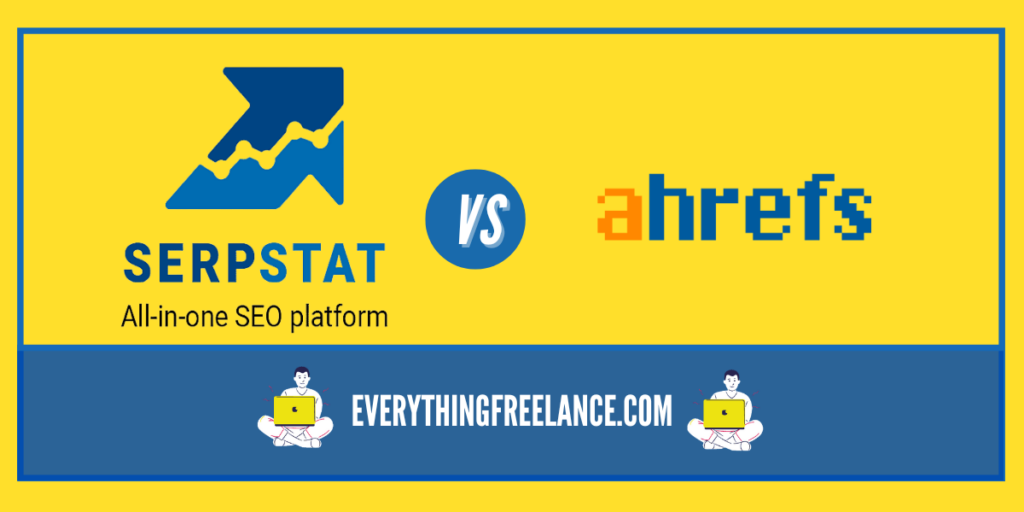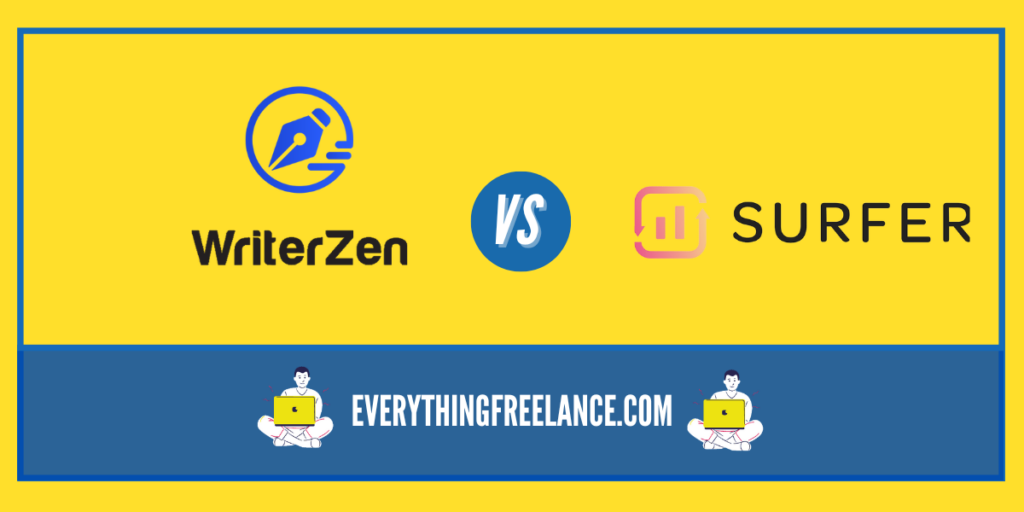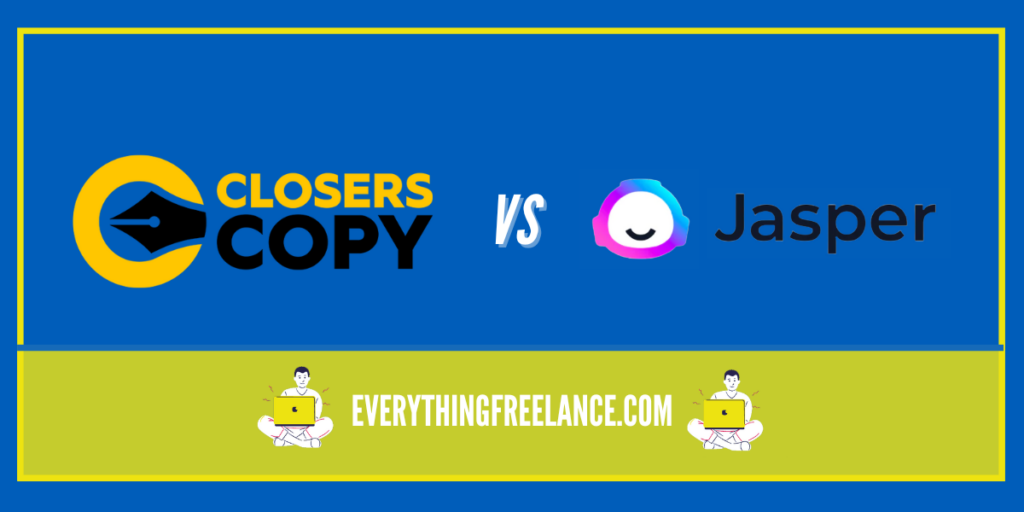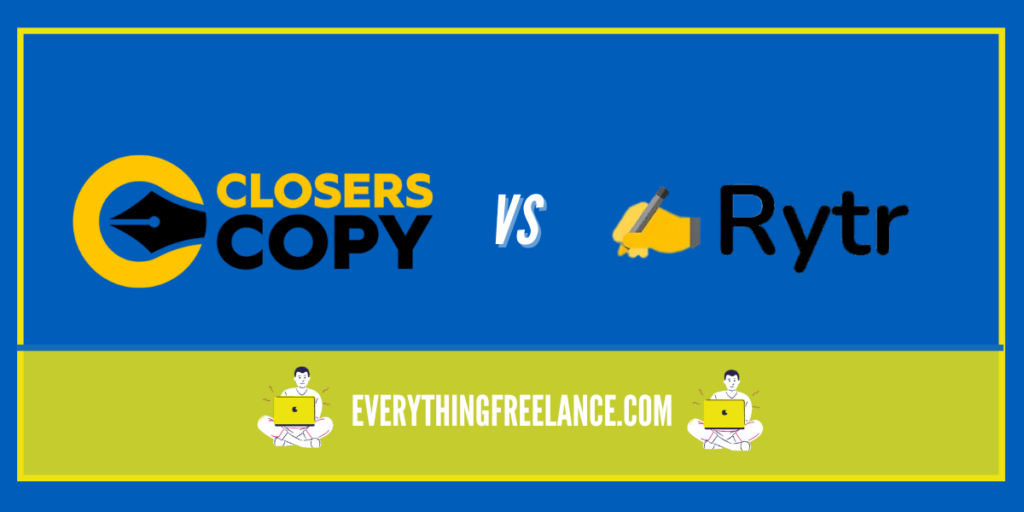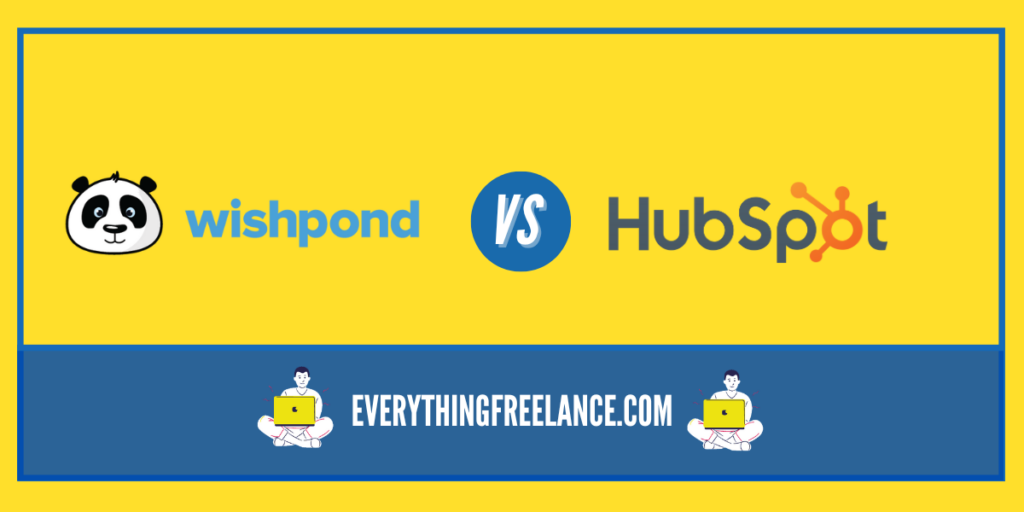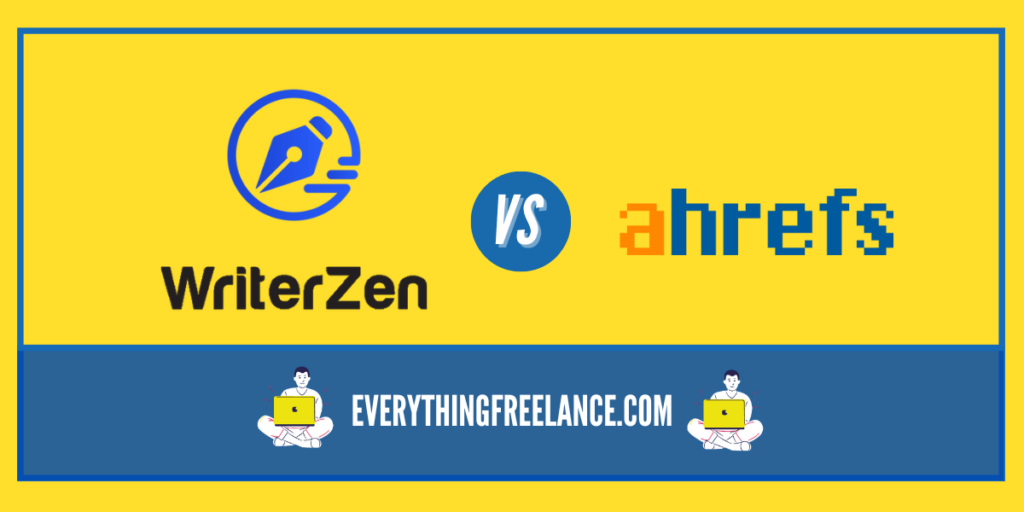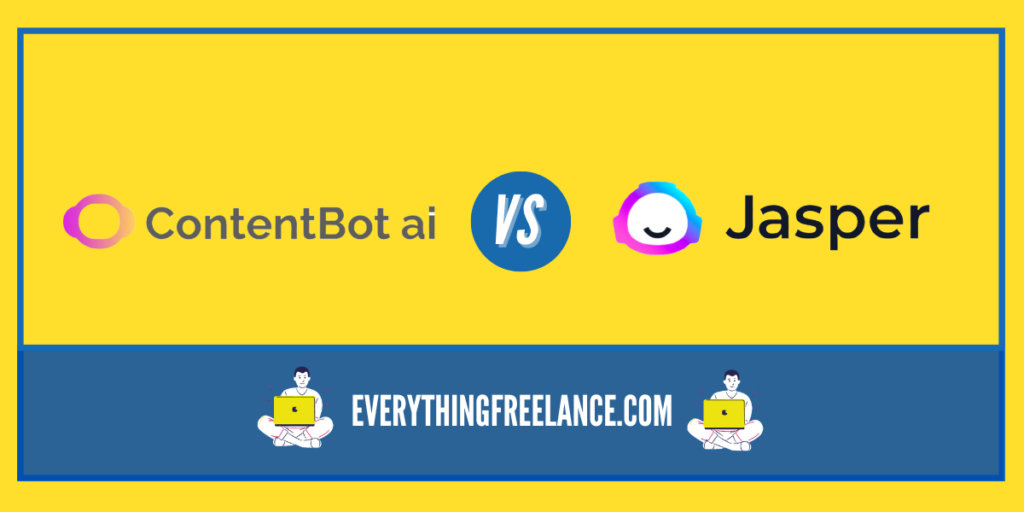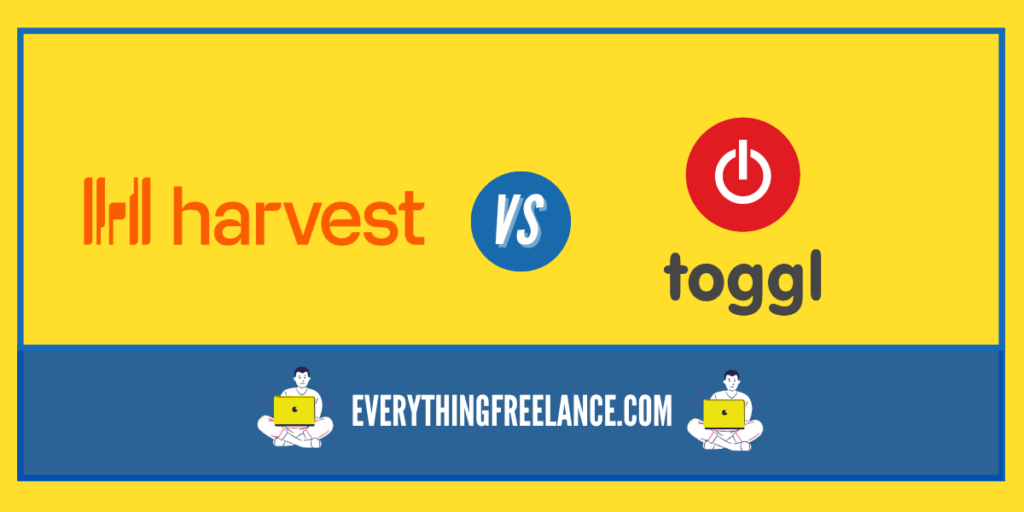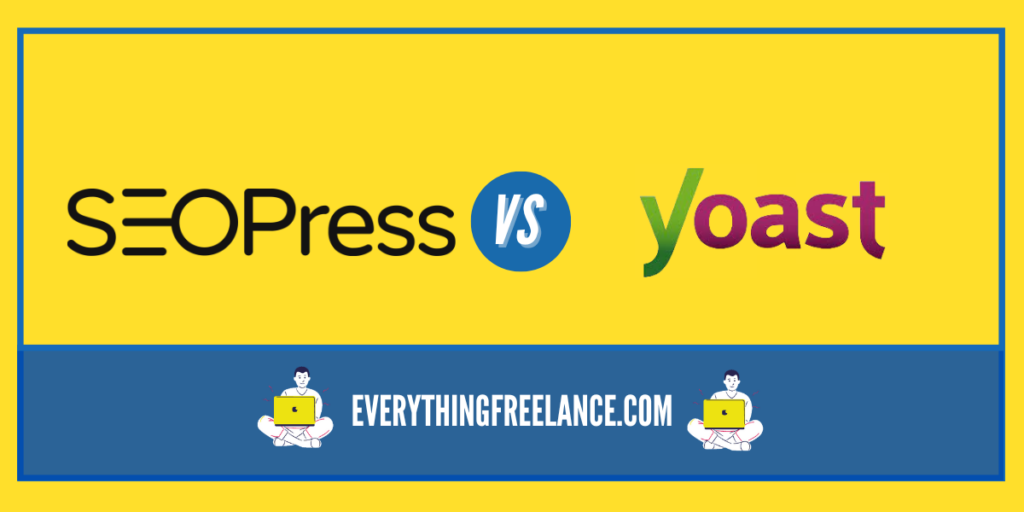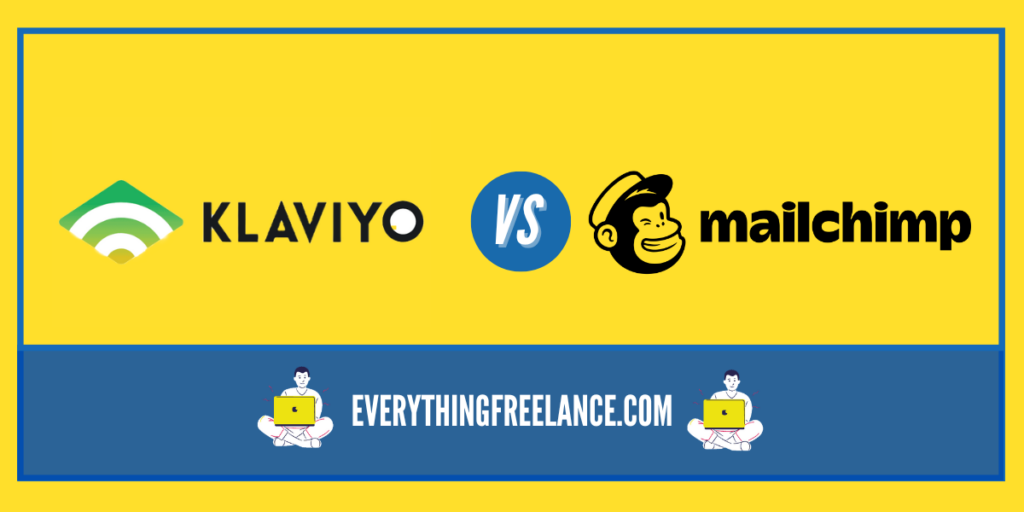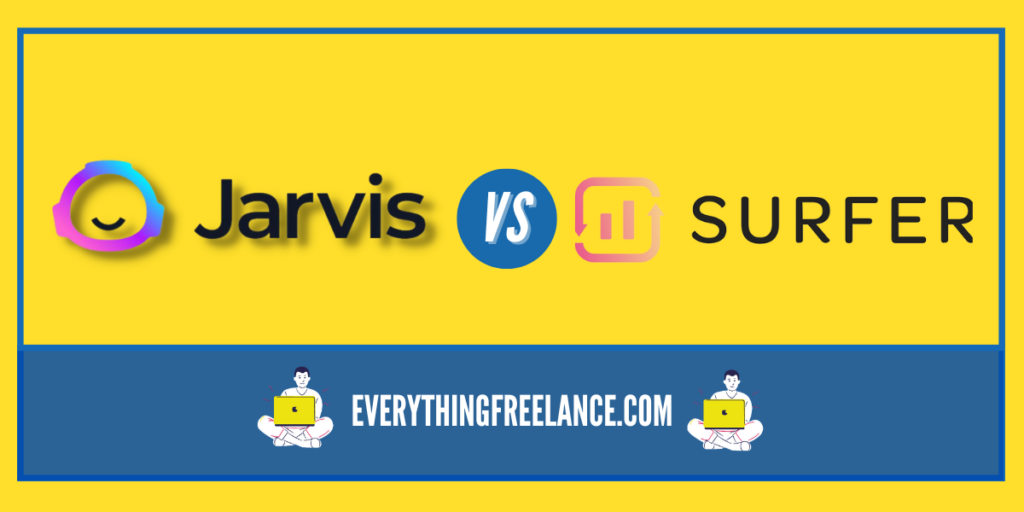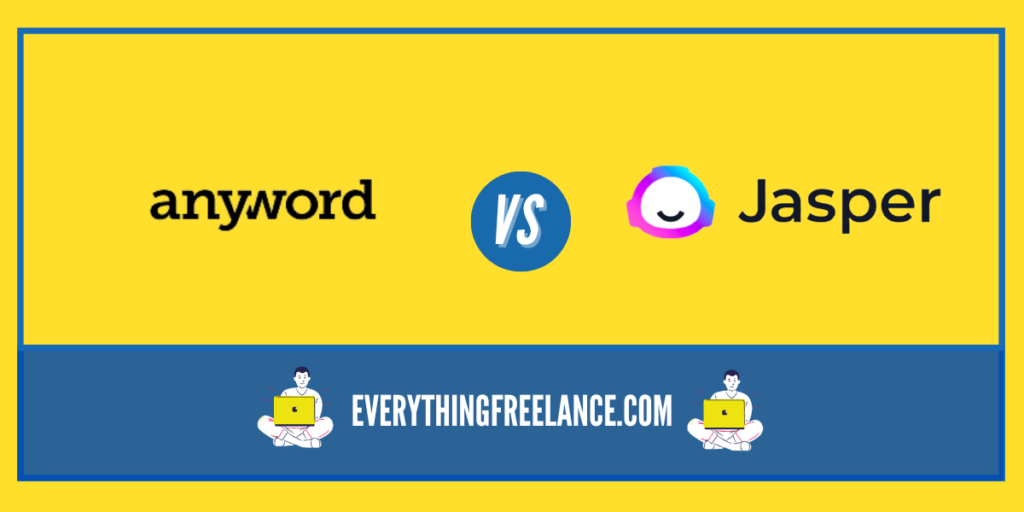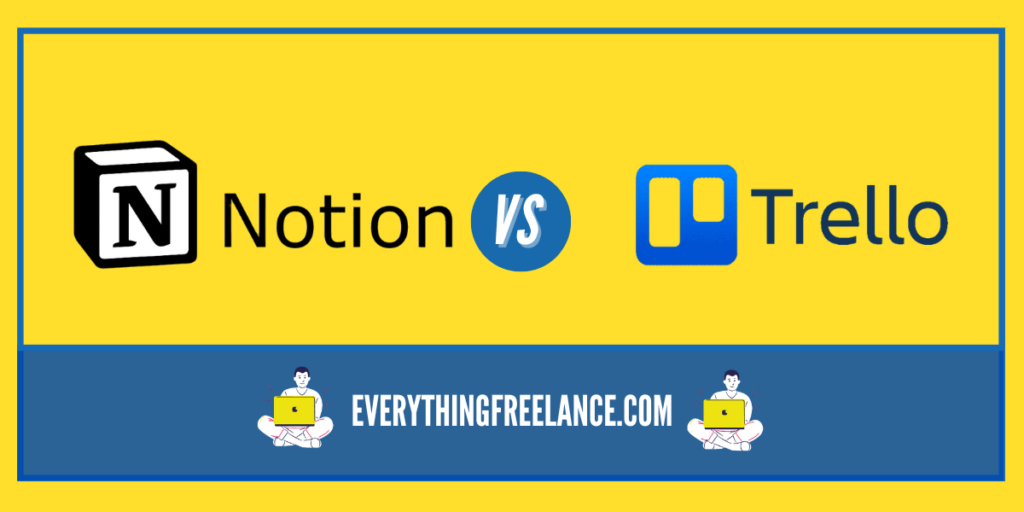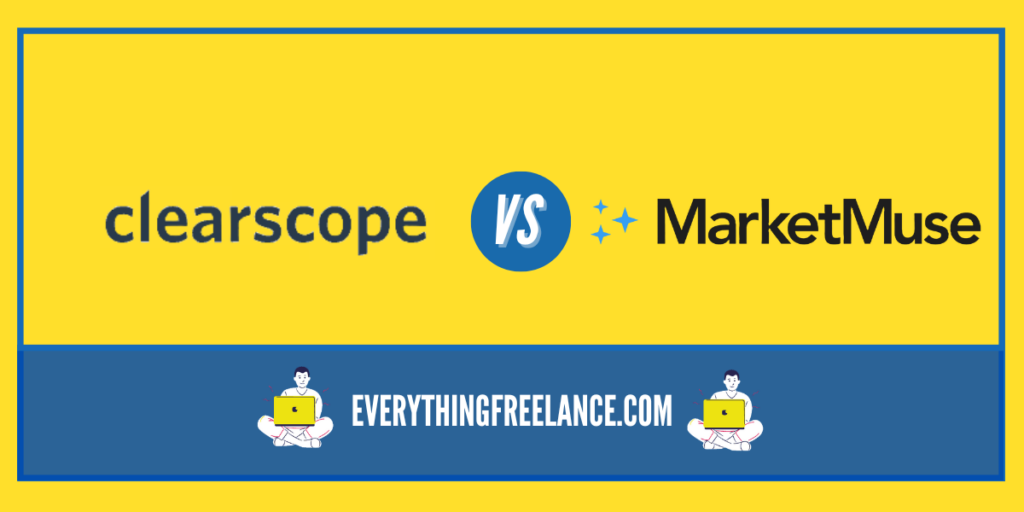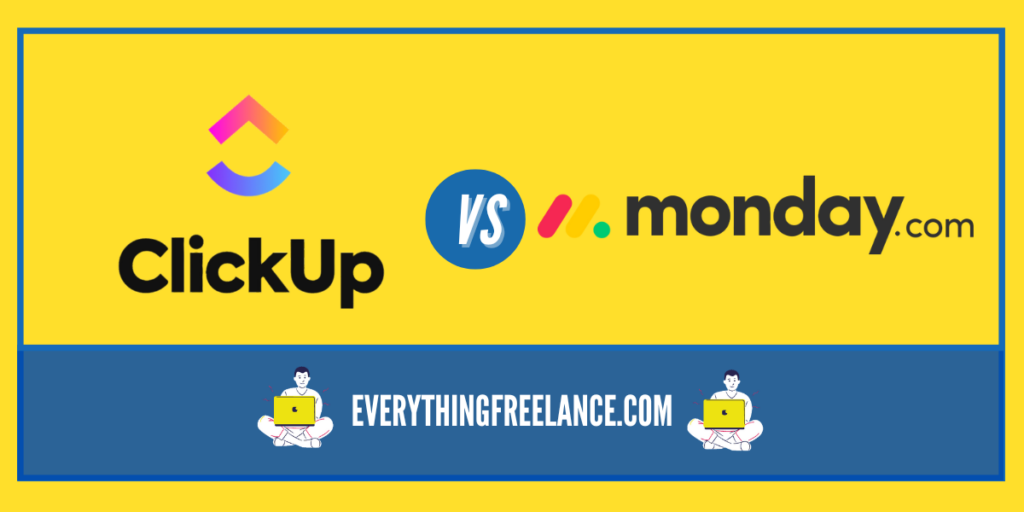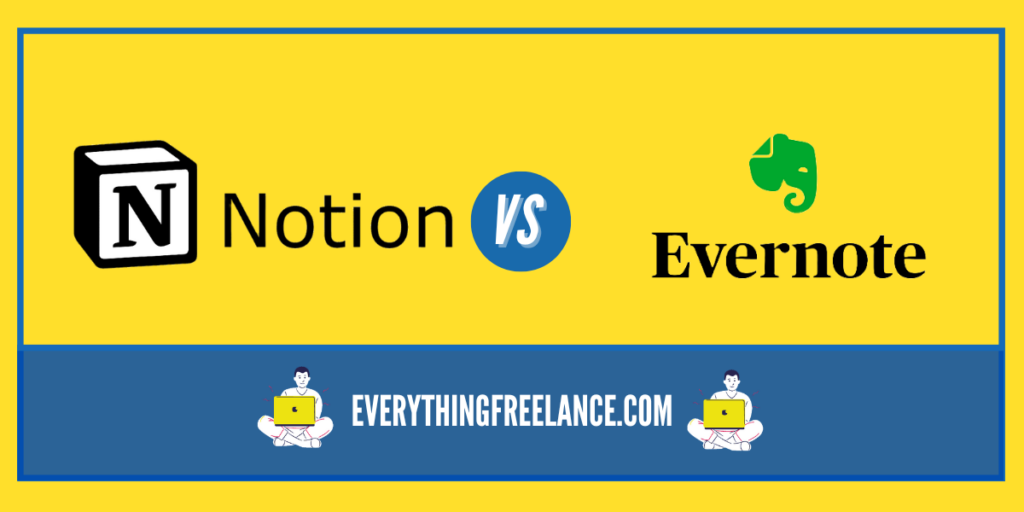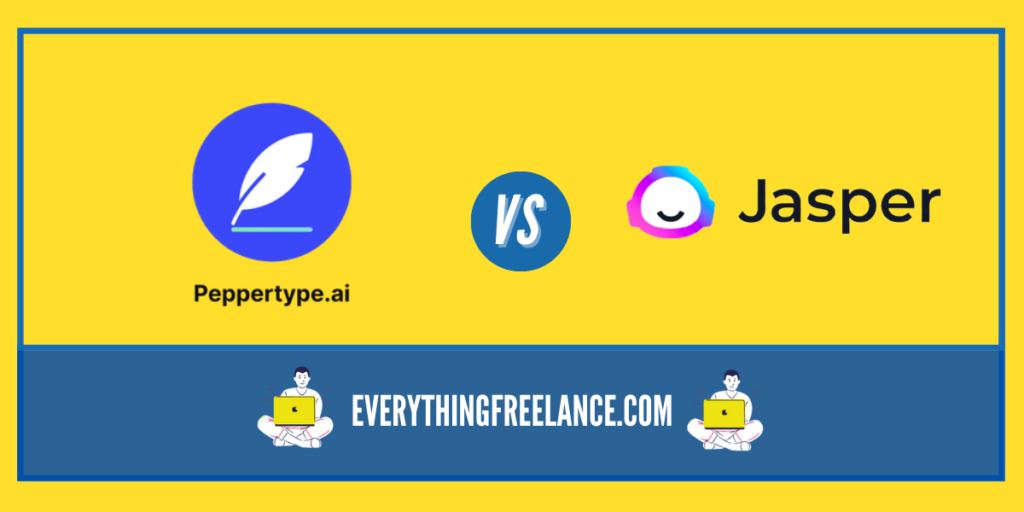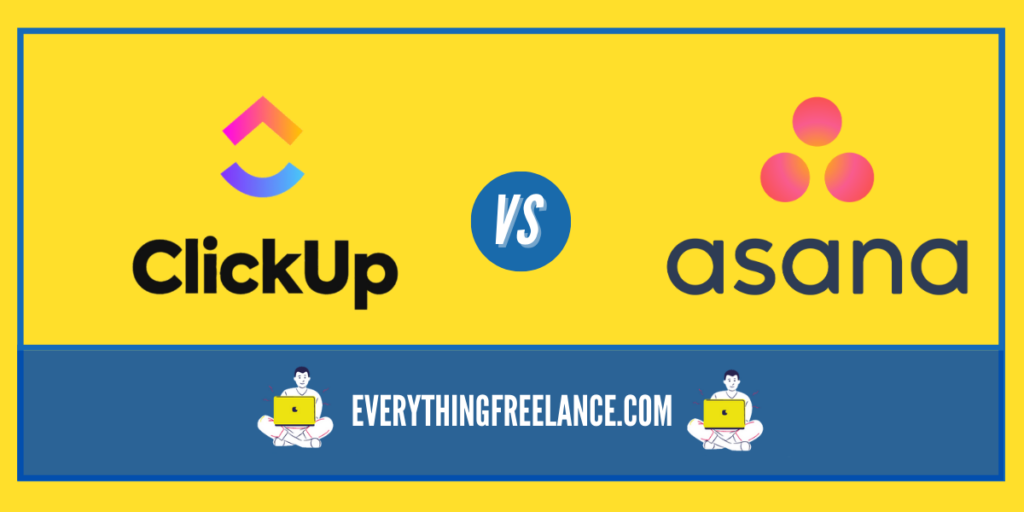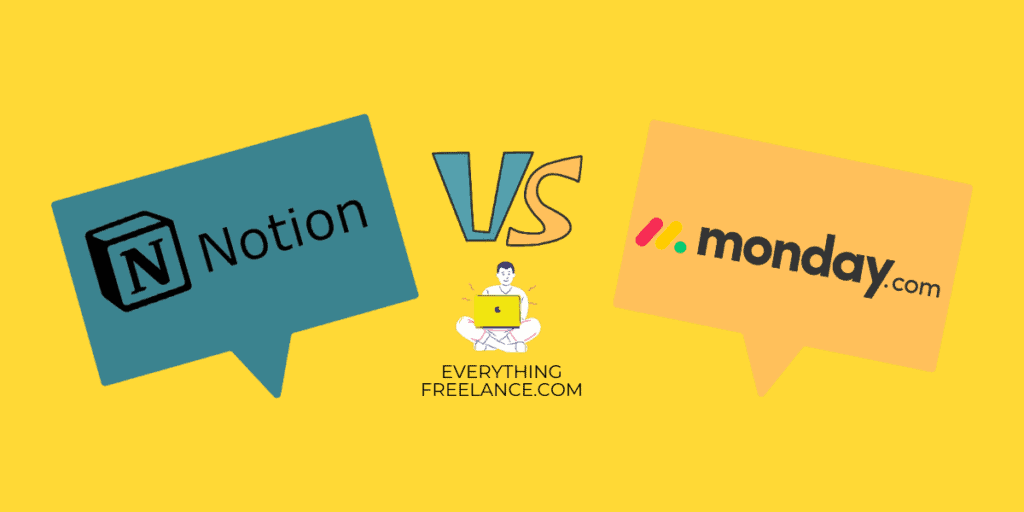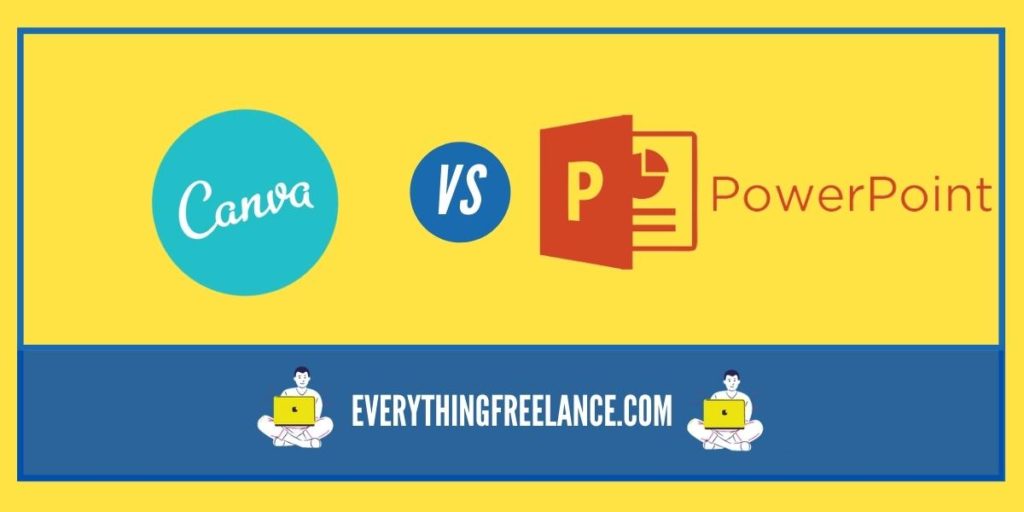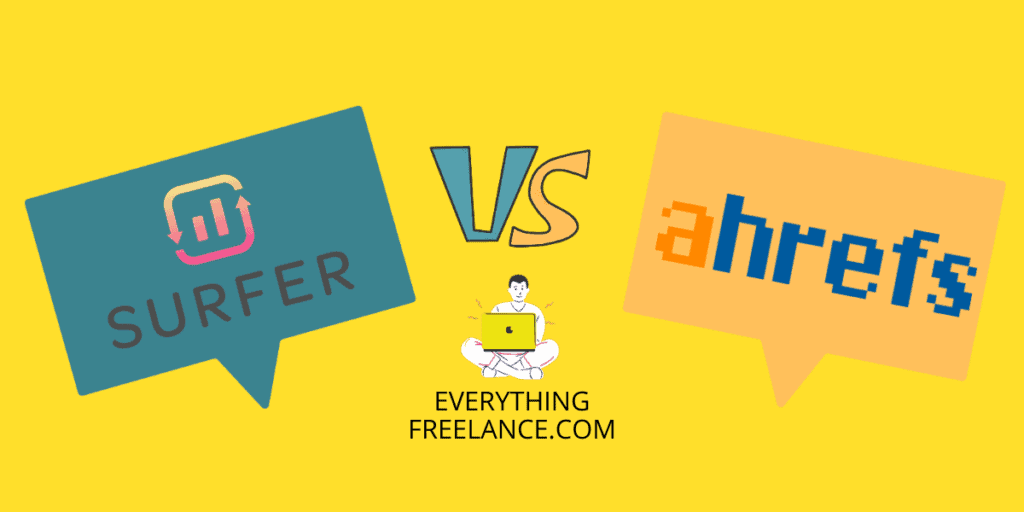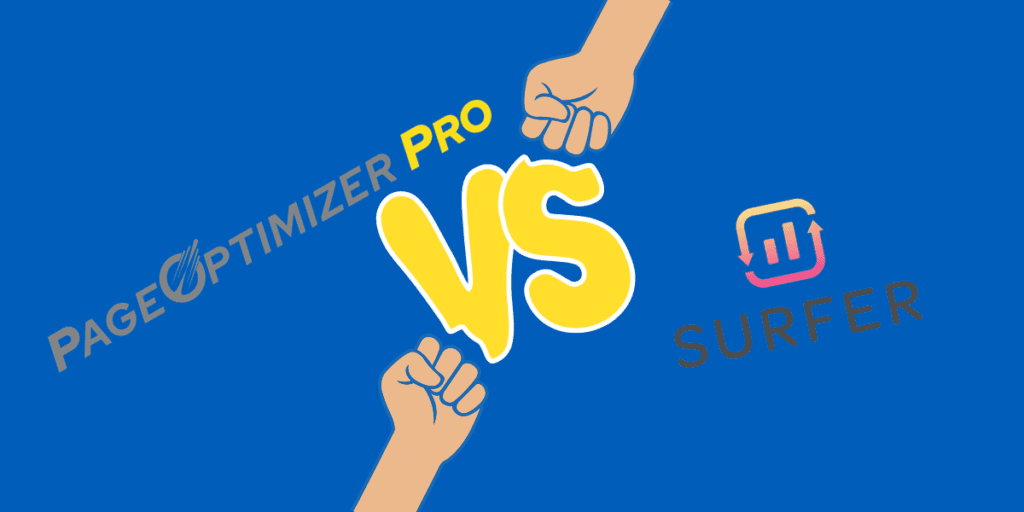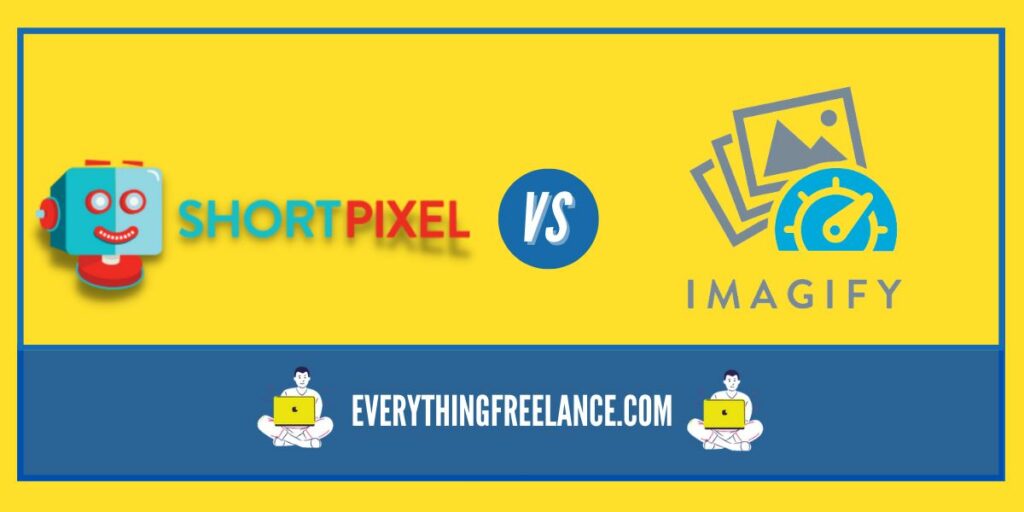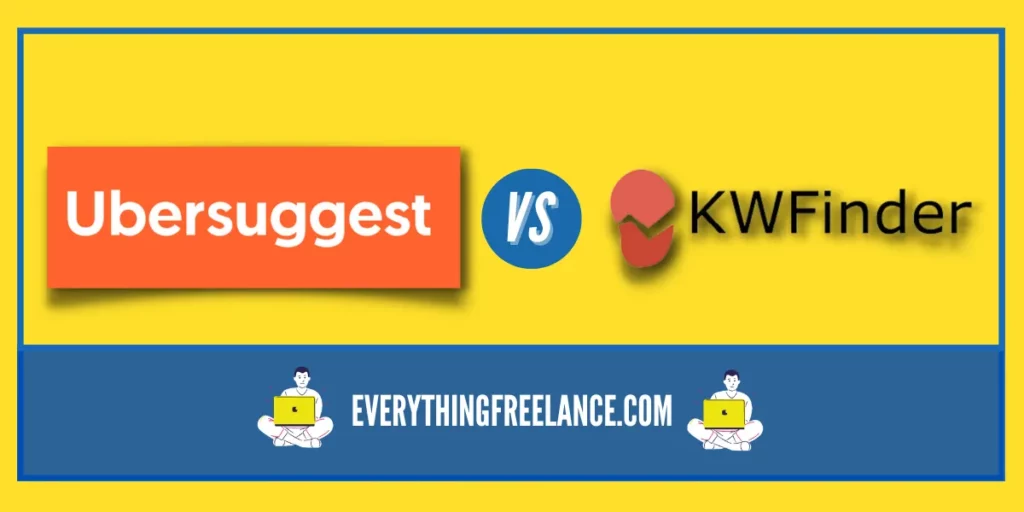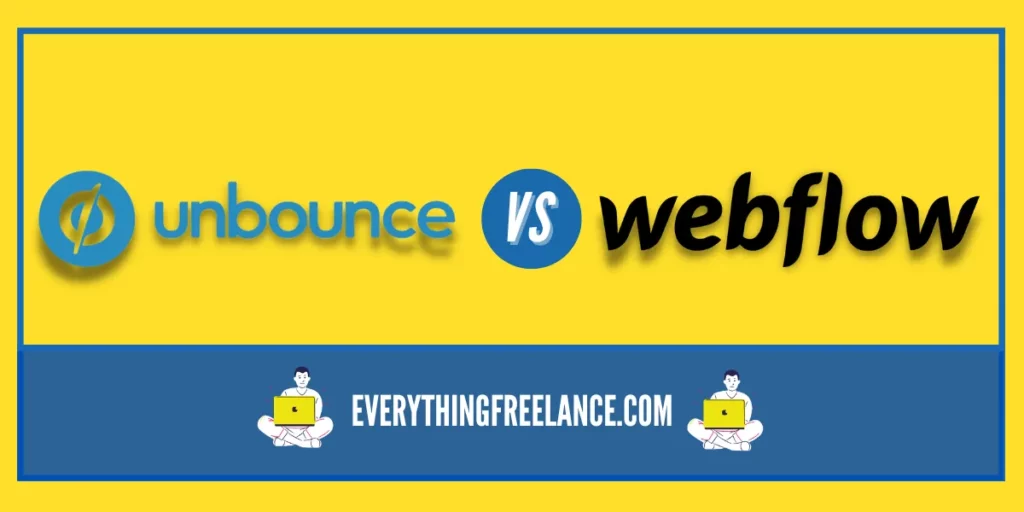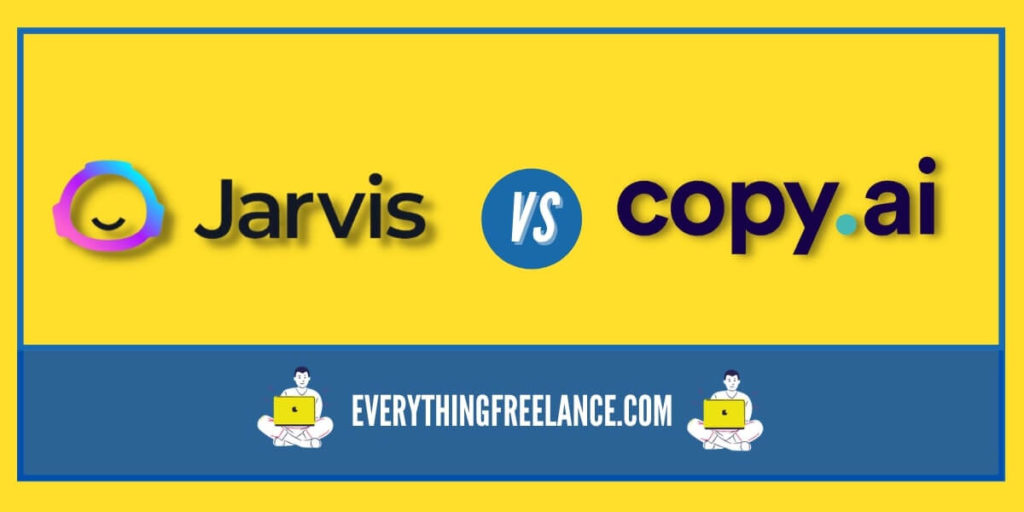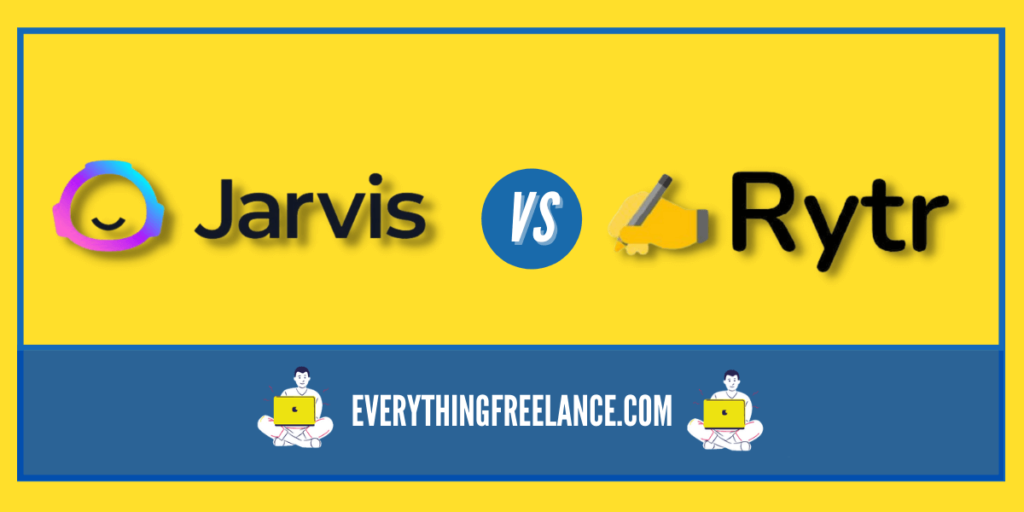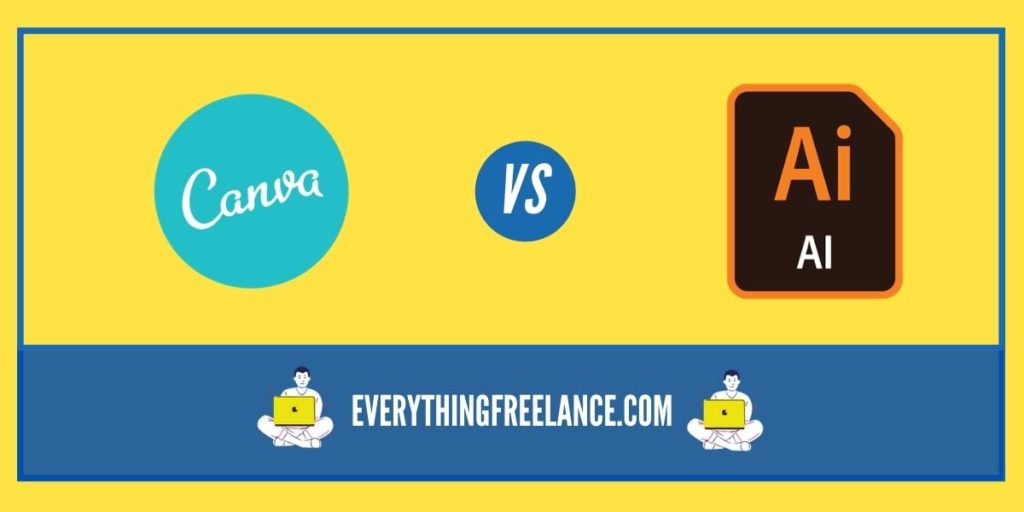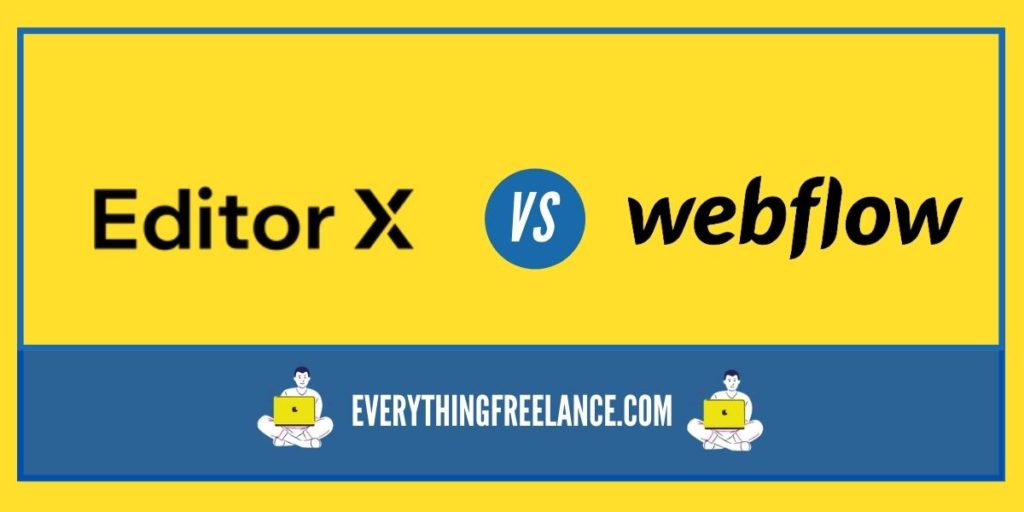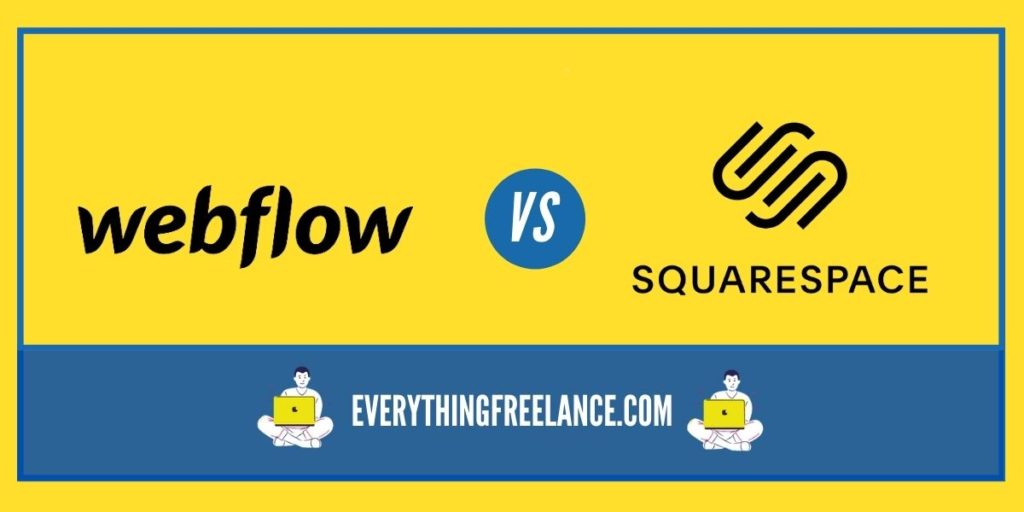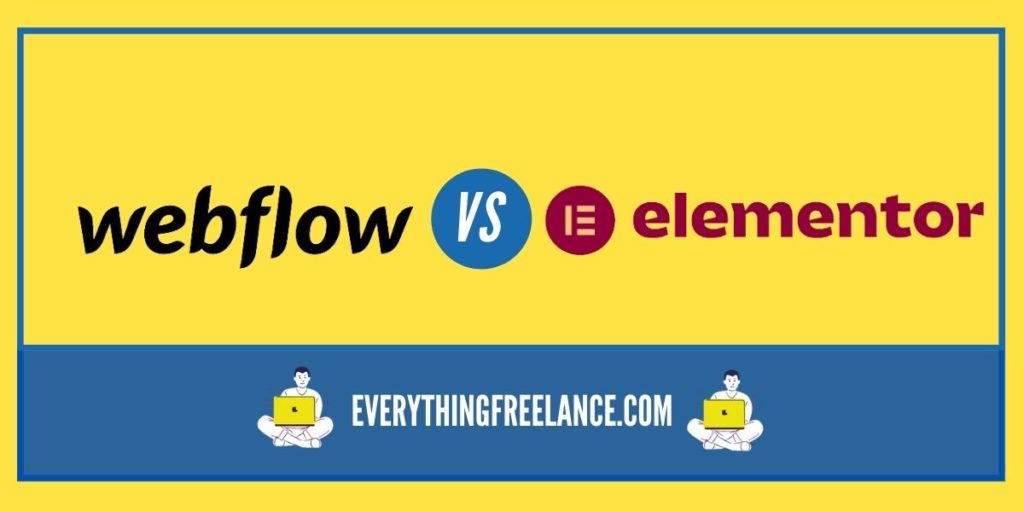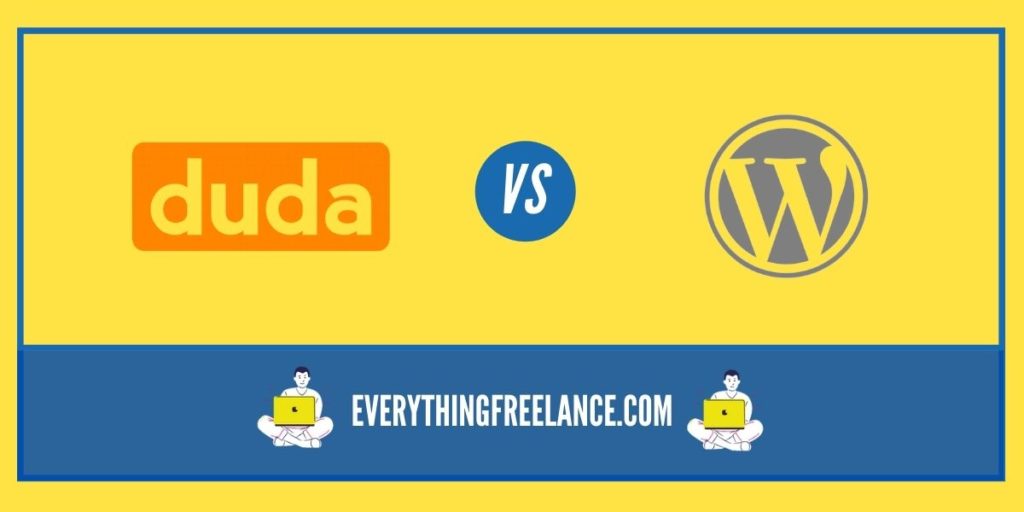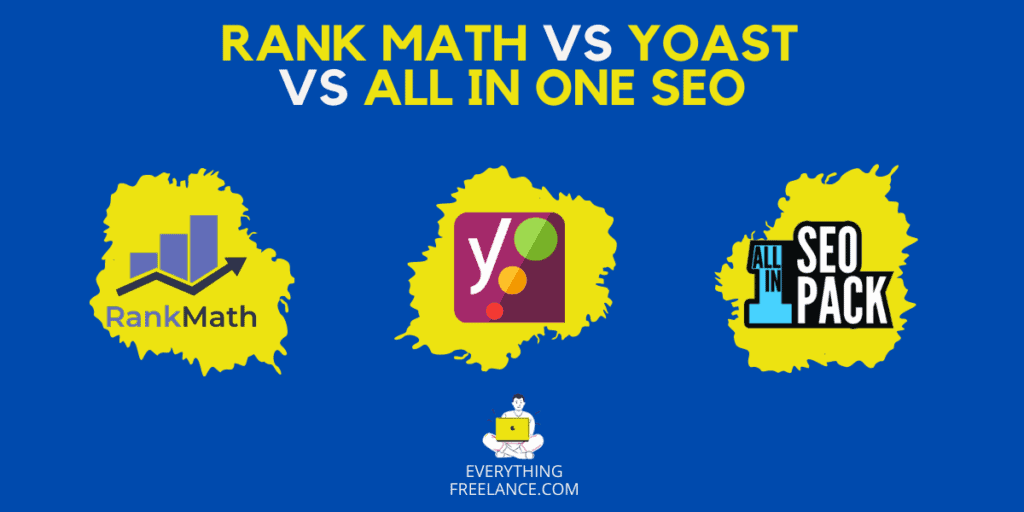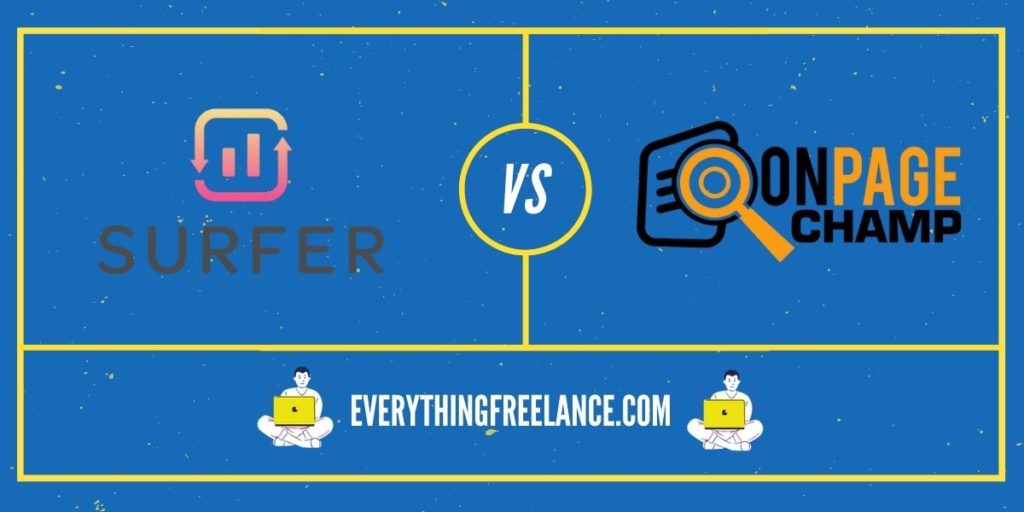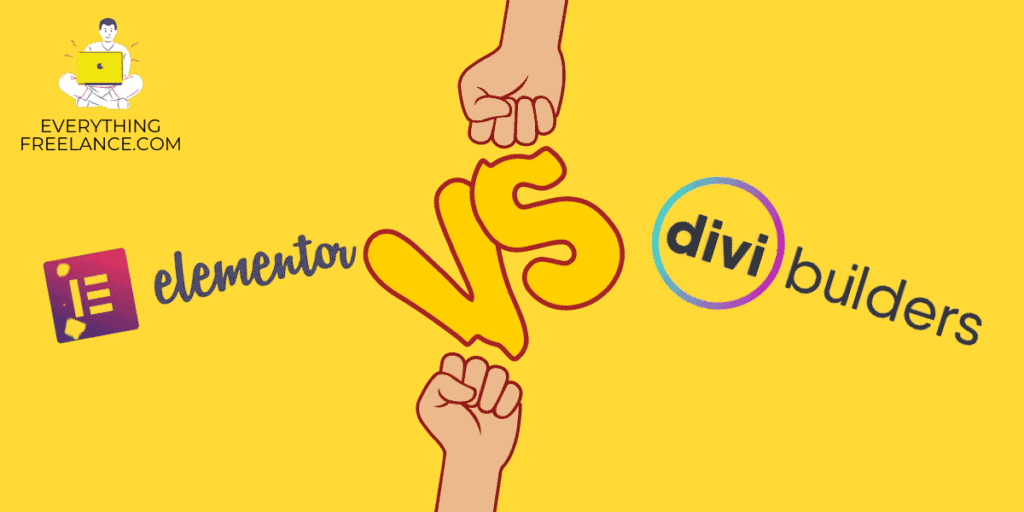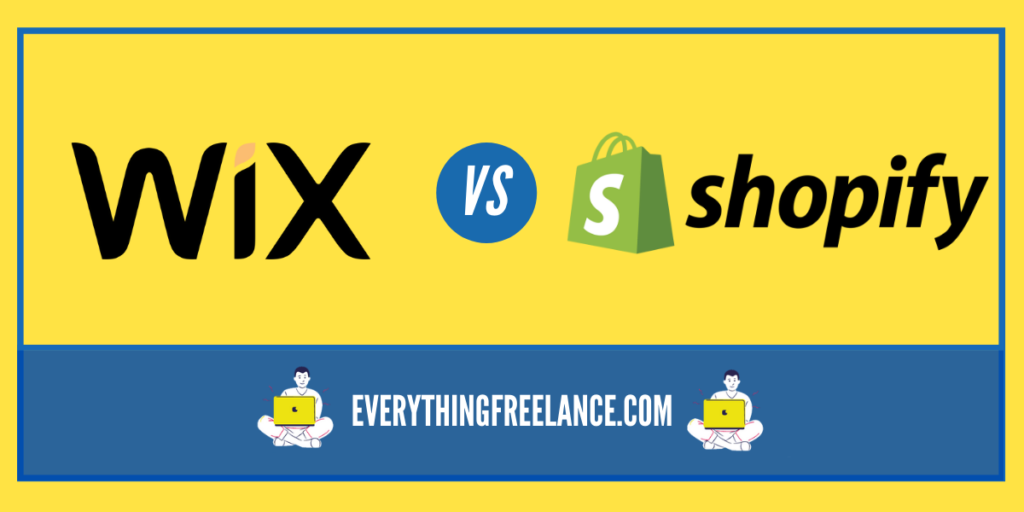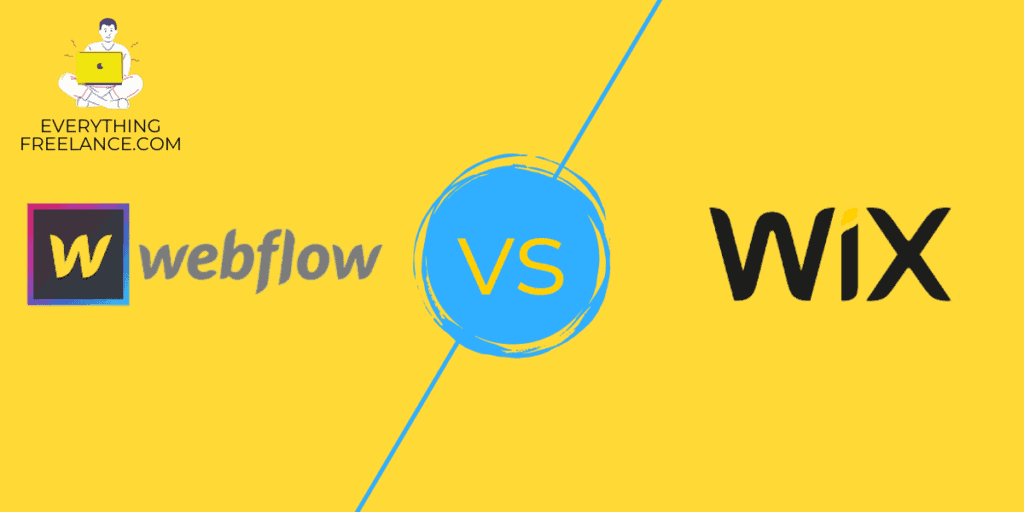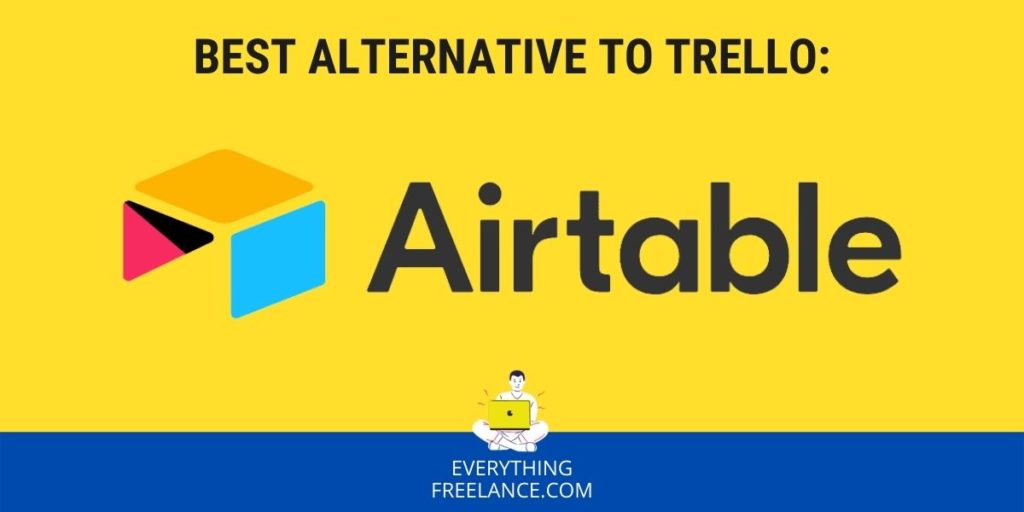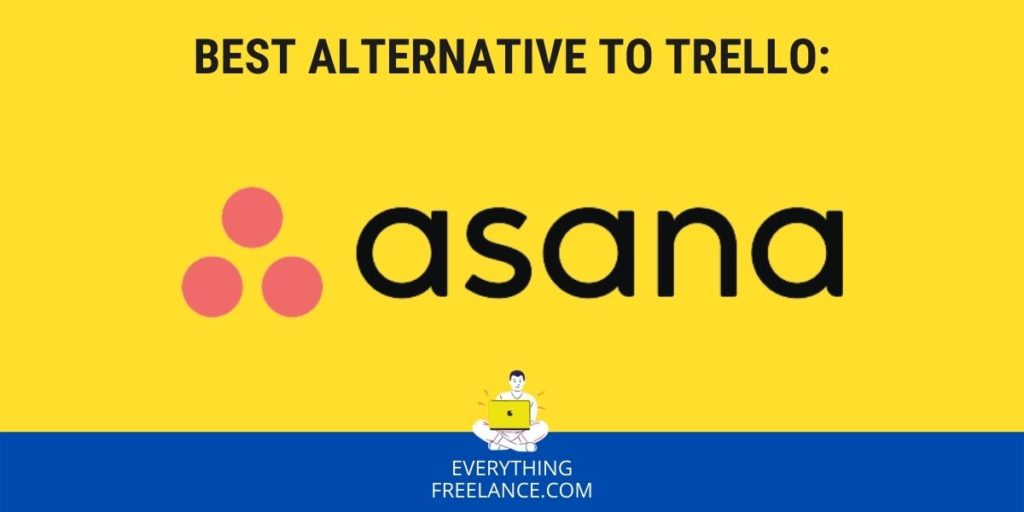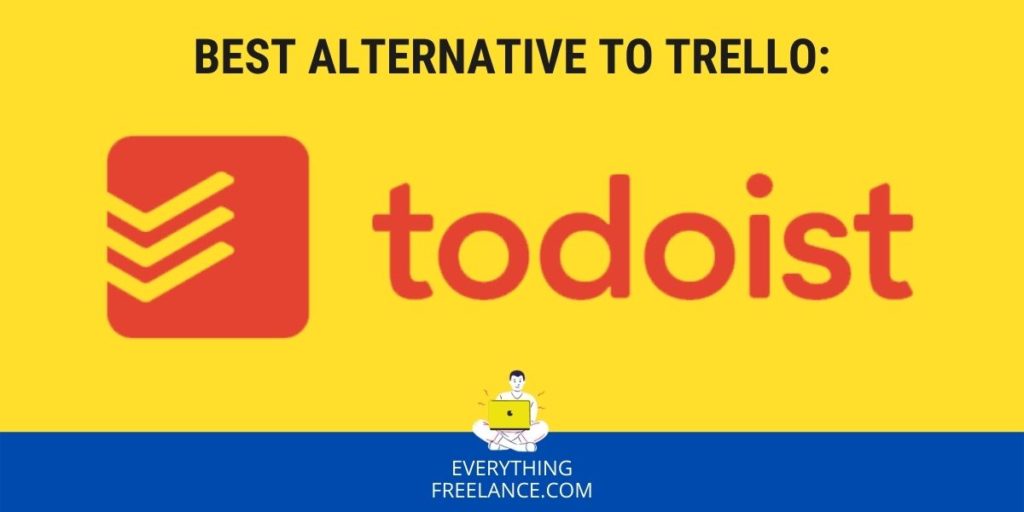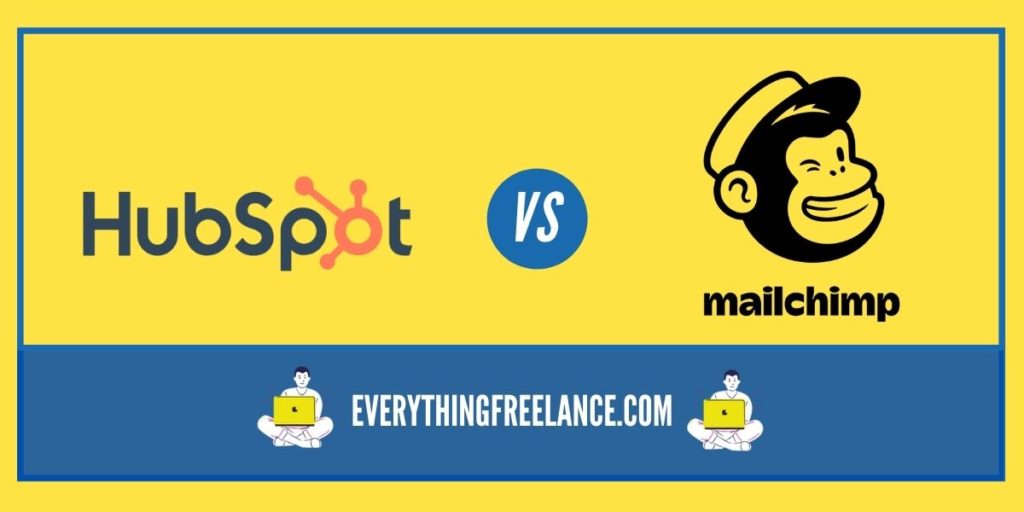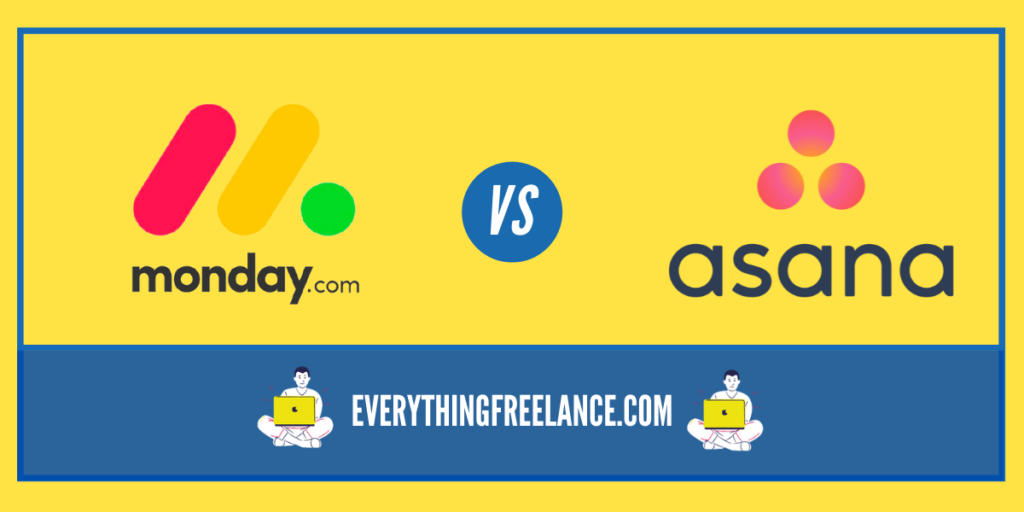As a marketer, one of your most important tasks is to research the features and capabilities of the various online tools that can aid in maximizing efficiency. If you’re trying to decide between MarketMuse and Frase as part of your content strategy optimization process, this post is for you!
We’ll compare these two solutions to help you decide which tool will fit your needs, considering their different features, capabilities, pricing models, and support options.
With opinions from both sides about each platform’s strengths and weaknesses, we hope this MarketMuse vs Frase comparison gives marketers the insight they need when deciding which solution best suits their content optimization objectives.
Overview of MarketMuse and Frase
MarketMuse and Frase are two groundbreaking AI-driven platforms transforming how businesses approach content creation and optimization.
Using advanced algorithms, these platforms analyze existing content, relevant topics, and keywords to provide tailor-made strategies that resonate with target audiences. In the battle for online visibility and traffic, MarketMuse and Frase are powerful allies, enabling businesses and content creators to stay ahead in the digital age.
MarketMuse vs Frase: Features Comparison
MarketMuse boasts a data-driven approach to content planning and creation, leveraging artificial intelligence to analyze and suggest improvements in your content based on industry and search intent trends.
Frase focuses on simplifying the research process by providing summaries of relevant sources, answer targeting for better alignment with searches, and content briefs that combine insights from multiple sources.
| Features | MarketMuse | Frase |
|---|---|---|
| Content Analysis | Topic modeling and identifying content gaps through comprehensive AI-driven analysis | Question-and-answer approach for insights into user intent and popular queries from search engines |
| Content Optimization | Natural Language Processing (NLP) capabilities to ensure engaging, relevant, and highly targeted content | AI-powered content scoring system to assign a numerical score based on quality, relevance, and optimization |
| Keyword Research | Robust content analysis capabilities for actionable recommendations to improve existing content | AI and machine learning-powered keyword research to generate top-performing content tailored to those keywords |
| Topic Modeling vs Keyword Research and Analysis | Analyze topics and subtopics through the use of artificial intelligence for comprehensive and relevant articles | Deliver advanced keyword insights and analysis to discover new keyword opportunities and optimize content for greater search engine visibility |
| Content Briefs | AI-generated content briefs to facilitate the creation of high-quality content with target keywords, potential questions, and topic clusters | Content optimization briefs to improve the overall relevance and ranking through advanced language models |
| Competitive Analysis | Competitive analysis tools for deep audit of content, showing how it stands against competition and providing actionable insights to improve search rankings | Competitor intelligence tool for content gap analysis, enabling discovery of new topics and refinement of content approach based on competitor performance |
Content Analysis
Delving into MarketMuse, we find a platform that focuses on topic modeling and identifying content gaps through comprehensive AI-driven analysis. This results in a detailed outline to optimize your content with relevant topics and keywords that your audience likes to see.
Frase emphasizes a more question-and-answer approach, which provides insights into user intent and popular queries from search engines. This enables content creators to focus on providing comprehensive answers to their target audience’s questions. So, whether you’re leaning towards MarketMuse’s data-driven optimization or Frase’s user-centric methodology, both content analysis tools can elevate your content game.
MarketMuse’s Natural Language Processing (NLP) capabilities vs Frase’s AI-powered content scoring system
When comparing MarketMuse’s Natural Language Processing (NLP) capabilities to Frase’s AI-powered content scoring system, it’s essential to consider how each platform utilizes advanced technology to optimize content creation. With MarketMuse’s NLP, content strategists can analyze text to ensure it is engaging, relevant, and highly targeted for their audience. This groundbreaking approach enables a deep understanding of content gaps and specific areas of improvement.
Frase’s AI-powered content scoring system offers a unique method by assigning a numerical score to content based on its overall quality, relevance, and optimization. This quick scoring tool can simplify the decision-making for content creators.
Keyword Research
Having effective keyword research tools at your disposal is essential when it comes to optimizing your content for search engines. In this fast-paced world of digital marketing, MarketMuse, and Frase have emerged as two powerful contenders in the keyword research arena.

MarketMuse is renowned for its robust content analysis capabilities, providing actionable recommendations to improve your existing content in line with your targeted keywords. Frase excels in providing a seamless content creation experience by leveraging AI and machine learning to generate top-performing content tailored to those keywords.
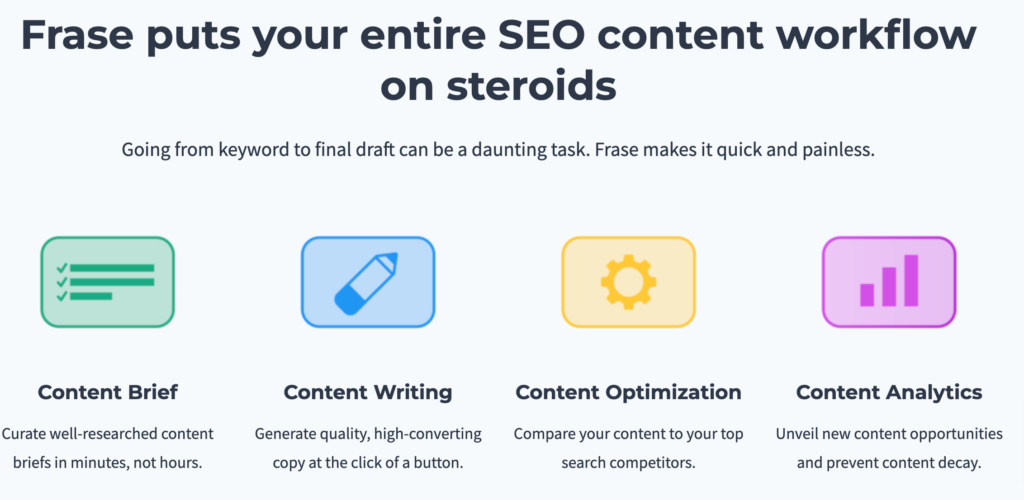
MarketMuse’s Topic Modeling Feature vs Frase’s Keyword Research and Analysis Tools
MarketMuse’s topic modeling feature and Frase’s keyword research and analysis tools both offer unique solutions to help you achieve content marketing success. MarketMuse focuses on analyzing your content’s topics and subtopics through the use of artificial intelligence, helping you create comprehensive and relevant articles that keep your readers engaged.
Frase delivers advanced keyword insights and analysis, allowing you to discover new keyword opportunities and optimize your content for greater search engine visibility.
Content Briefs
Both MarketMuse and Frase offer comprehensive insights to help elevate your content to the next level. While MarketMuse boasts an impressive AI-driven content analysis, Frase offers a more comprehensive competitive analysis involving real-time insights from existing content pieces.
MarketMuse focuses on helping you create rich, comprehensive content from the ground up, while Frase provides an in-depth understanding of how others in your niche have approached similar topics.
MarketMuse’s AI-generated content briefs vs Frase’s content optimization briefs
MarketMuse’s AI-generated content briefs and Frase’s content optimization briefs both offer innovative solutions in the realm of content marketing, but their approaches differ to cater to different needs. MarketMuse focuses on conducting in-depth research and providing comprehensive briefs to facilitate the creation of high-quality content, encompassing aspects such as target keywords, potential questions, and topic clusters.
Frase streamlines the optimization process for existing content, providing insights to improve the overall relevance and ranking through advanced language models like OpenAI’s GPT-3. The choice between these two tools depends on the unique requirements of a content marketer – whether they seek to create something from scratch or optimize existing material.
Competitive Analysis: MarketMuse’s Competitive analysis tools vs Frase’s Competitor Intelligence Feature
Knowing your competition is very important if you are trying to succeed in content marketing. MarketMuse’s competitive analysis tools and Frase’s competitor intelligence features provide powerful solutions to help you stay ahead of the game.
MarketMuse’s Competitive Analysis feature allows for a deep audit of your content, showing how it stands against the competition and providing actionable insights to improve your search rankings.
Frase’s Competitor Intelligence tool offers valuable content gap analysis, enabling you to discover new topics and refine your content approach based on competitor performance.
MarketMuse vs Frase Pricing Plans
MarketMuse, with its state-of-the-art analysis and optimization features, comes at a premium price, making it more suitable for established businesses and larger enterprises. MarketMuse has 4 different plans Free, Standard starting at $149 per month, Team starting at $399, and Premium with custom pricing based on your needs.
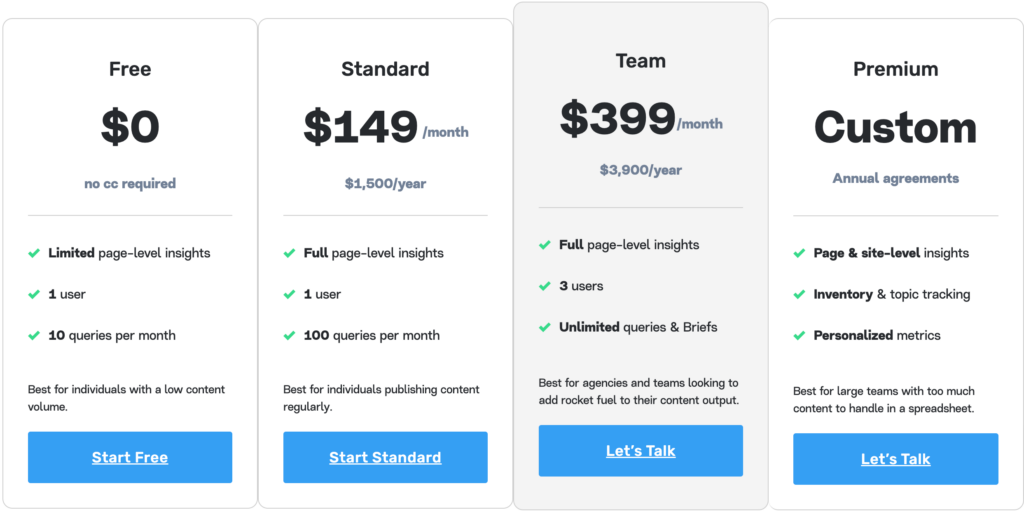
Frase’s more budget-friendly plans are a great choice for small businesses or freelancers just starting in content marketing. Namely, Frase has three plans, Solo starting at $14.99 per month, Basic starting at $44.99, and Team starting at $114.99. Both MarketMuse and Frase offer SEO tools, but you need to consider the budget when choosing.
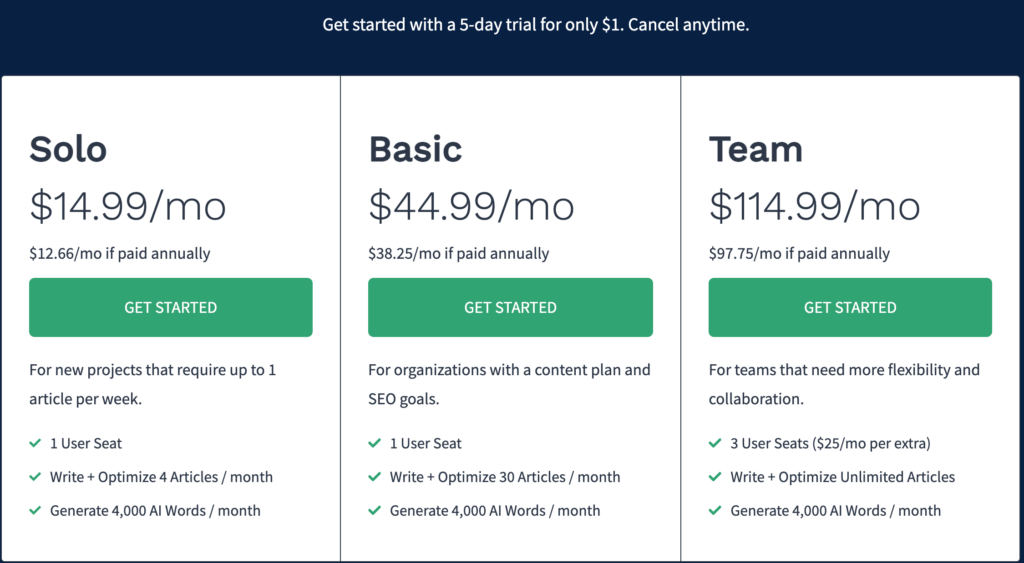
MarketMuse vs Frase Integration Comparison
When it comes to content optimization tools, there’s always a debate between MarketMuse and Frase integration. MarketMuse is known for its impressive AI-driven content analysis and optimization, helping writers and marketers to create content that effectively matches user intent and tops search engine rankings. You can connect your MarketMuse account with third-party APIs and connect it with over 200 software.
Frase has slightly fewer integrations than MarketMuse, but the ones they have are super helpful. Some of them include the Google Docs add-on, Frase summarizer on Chrome, Google Search, and WordPress integrations. While both tools are game-changers in the realm of content optimization, you’ll want to weigh their strengths and weaknesses to find a platform that aligns with your needs.
Pros and Cons of MarketMuse
While we’re still on the topic of strengths and weaknesses, here are some of the top pros of using MarketMuse!
Pros
AI-driven content analysis: MarketMuse’s AI-driven content analysis enables marketers and writers to create high-quality, relevant content that is tailored to match user intent and boost rankings on search engine results pages (SERPs).
Optimization features: MarketMuse offers powerful optimization features such as keyphrase identification, topic modeling, and semantic mapping that help ensure a brand’s content is optimized for maximum visibility online.
Content analytics insights: The platform also provides in-depth analytics with actionable insights so users can continually track their progress and adjust their strategies accordingly.
Seamless integration support: MarketMuse seamlessly integrates with various CMSs or CRMs, making it easier for marketers to manage the entire workflow from one place without extra steps or manual workarounds required.
Cons
Costly plans: MarketMuse’s premium pricing structure might be too costly for small businesses or freelancers just starting in content marketing.
Complex setup process: The platform can take some time to set up and configure, which may not be ideal if you’re looking for a quick solution.
Pros and Cons of Frase
We went over the pros and cons of MarketMuse, so let’s take a look at the advantages and disadvantages of Frase.
Pros
Affordable pricing plans: Frase provides budget-friendly solutions that are perfect for small businesses or freelancers just starting in content marketing.
User-friendly interface: The platform’s user-friendly interface makes it easy to automate the creation of content focused on answering users’ questions and providing valuable information to them right away.
SEO Tools & Insights: With Frase, you can access powerful SEO tools and insights to track your progress and make adjustments if needed.
Automation features: Frase also offers automated workflows such as their Content Brief Builder, which simplifies the task of creating briefs with relevant topics based on market research data from across various sources, including popular search engines like Google, Bing, etc., social media platforms, and analytics tools.
Cons
Limited features: The platform provides limited optimization features compared to MarketMuse, making it difficult to match user intent effectively and boost search engine rankings.
AI integration: Frase offers a different kind of AI-driven content analysis than MarketMuse, which can hamper the effectiveness of content optimization efforts.
MarketMuse vs Frase: Which One to Choose?
MarketMuse and Frase are two popular choices that offer unique features and advantages to help businesses amplify their online presence. MarketMuse is renowned for its deep content analysis and AI-driven recommendations, which can prove invaluable for refining your content strategy and identifying knowledge gaps. Frase stands out with its dynamic content briefs, response to user intent, and voice search optimization that helps you curate compelling content that appeals to human readers and search engines.
When evaluating these powerful tools, consider factors such as pricing, ease of use, and capacity to align with your specific marketing goals. Ultimately, selecting the right tool will propel your content strategy to new heights, driving engagement and enhancing your online visibility.
Conclusion
When it comes to content optimization, MarketMuse, and Frase are two of the top contenders. With MarketMuse, you get access to powerful AI-driven analysis, while with Frase, you’ll benefit from their automated workflows and SEO tools.
Choosing which platform is right for your needs will depend on factors such as pricing, ease of use, and capacity to align with your marketing goals. Consider these carefully before deciding which one best suits your requirements so you can maximize the impact of your content strategy!
FAQs
Q1: What are the major differences between MarketMuse and Frase?
One major difference between MarketMuse and Frase is the features they come with. MarketMuse provides a strong AI-driven content analysis that includes topic identification and keyword optimization. Frase is focused more on SEO optimization with its response to user intent and voice search optimization features.
Q2: Which platform is better suited for small businesses?
A2: Both MarketMuse and Frase offer powerful solutions that could be beneficial for small businesses looking to optimize their content. But, MarketMuse offers more features that are specifically tailored toward small businesses.
Q3: How can MarketMuse and Frase help optimize content?
A3: MarketMuse and Frase offer all kinds of features that optimize and improve content.


